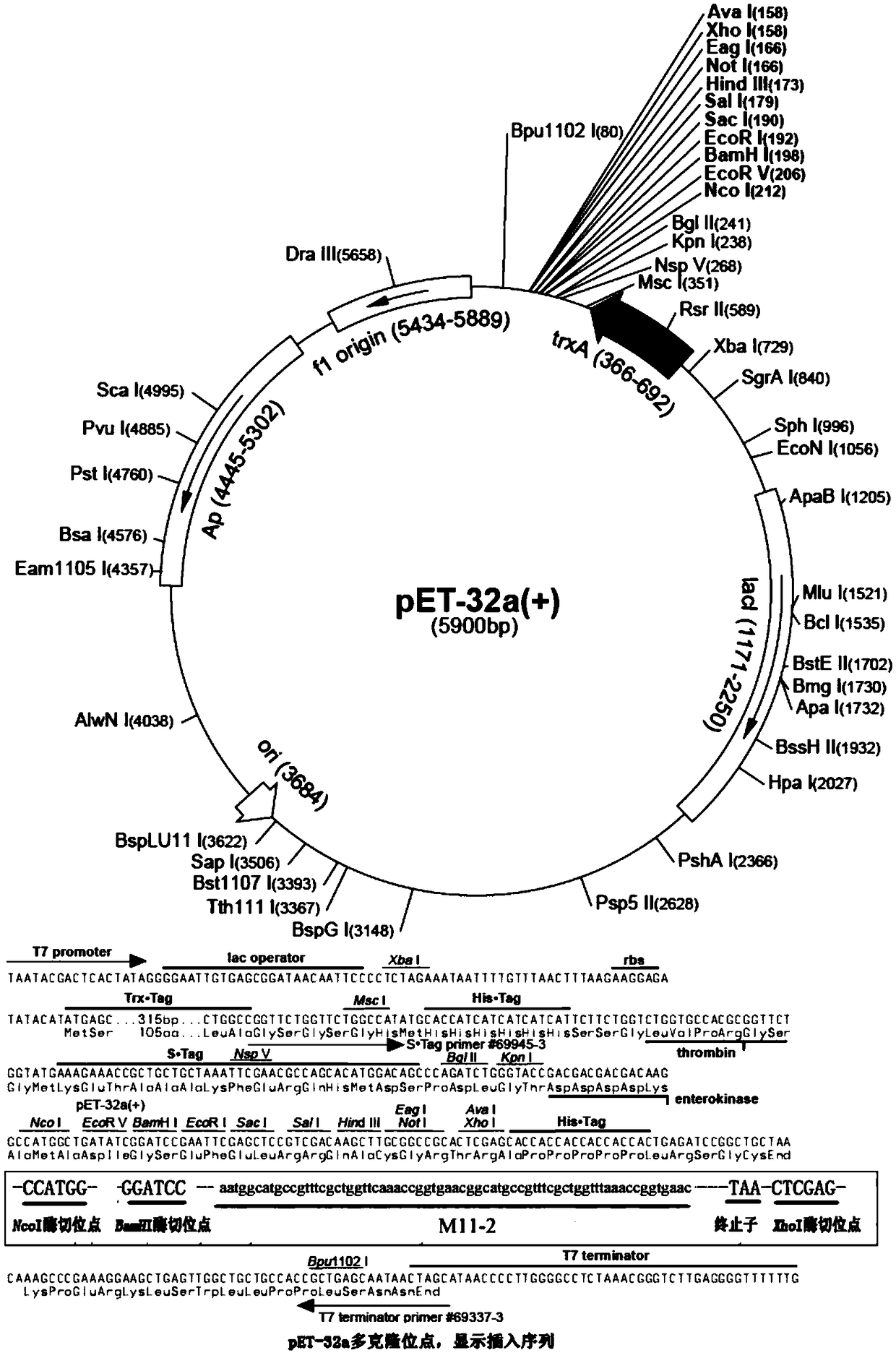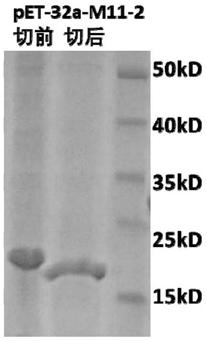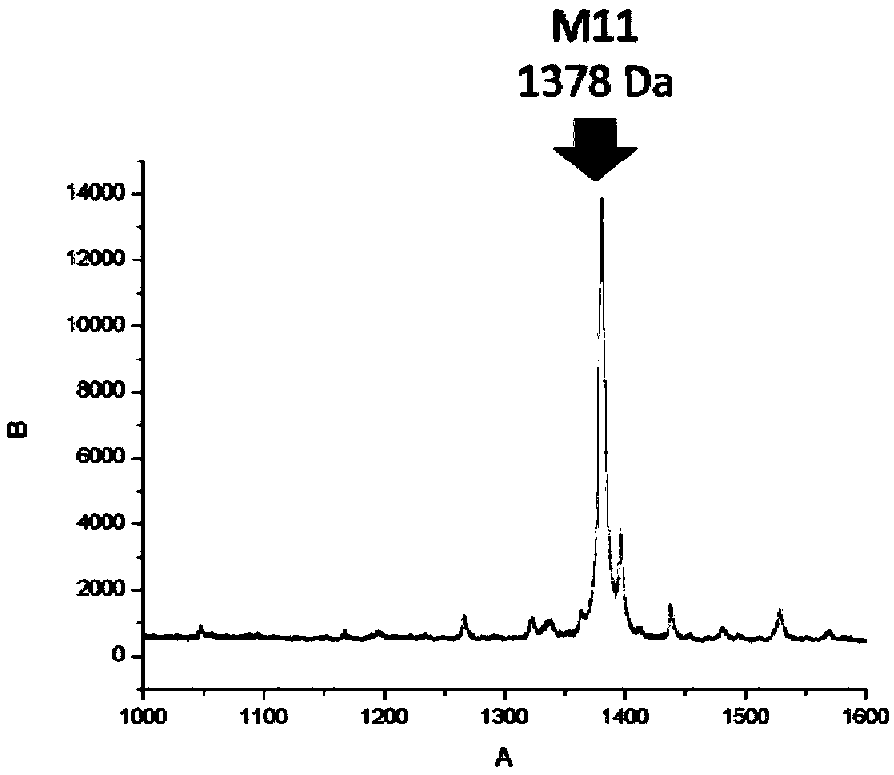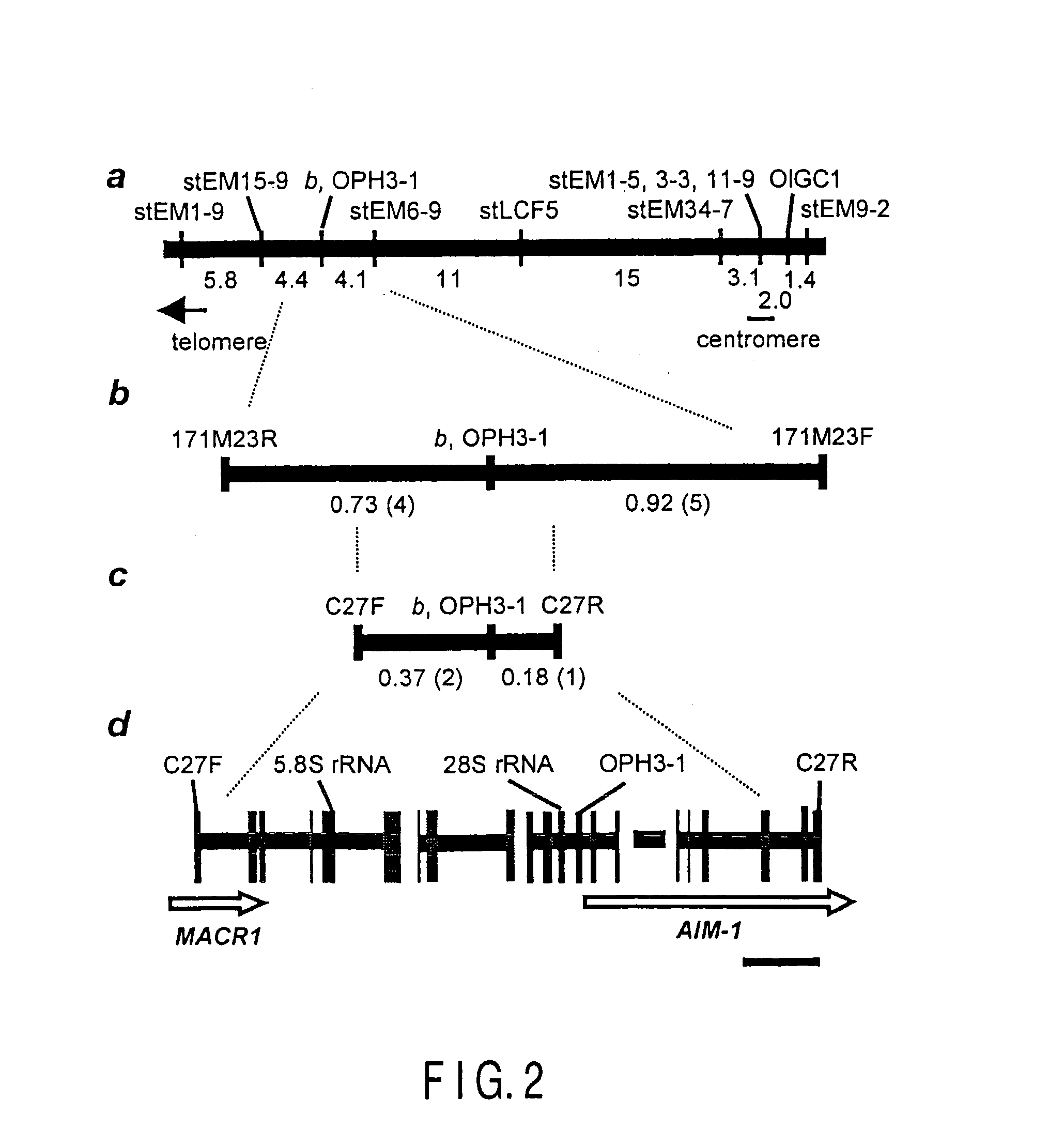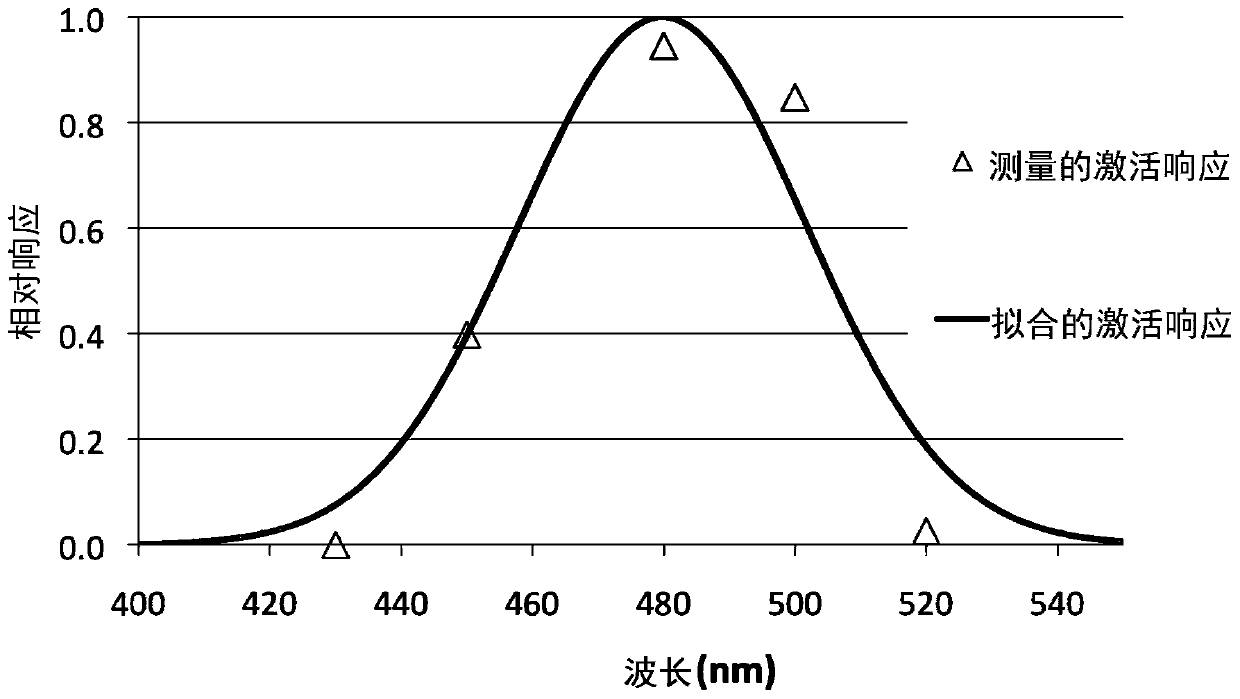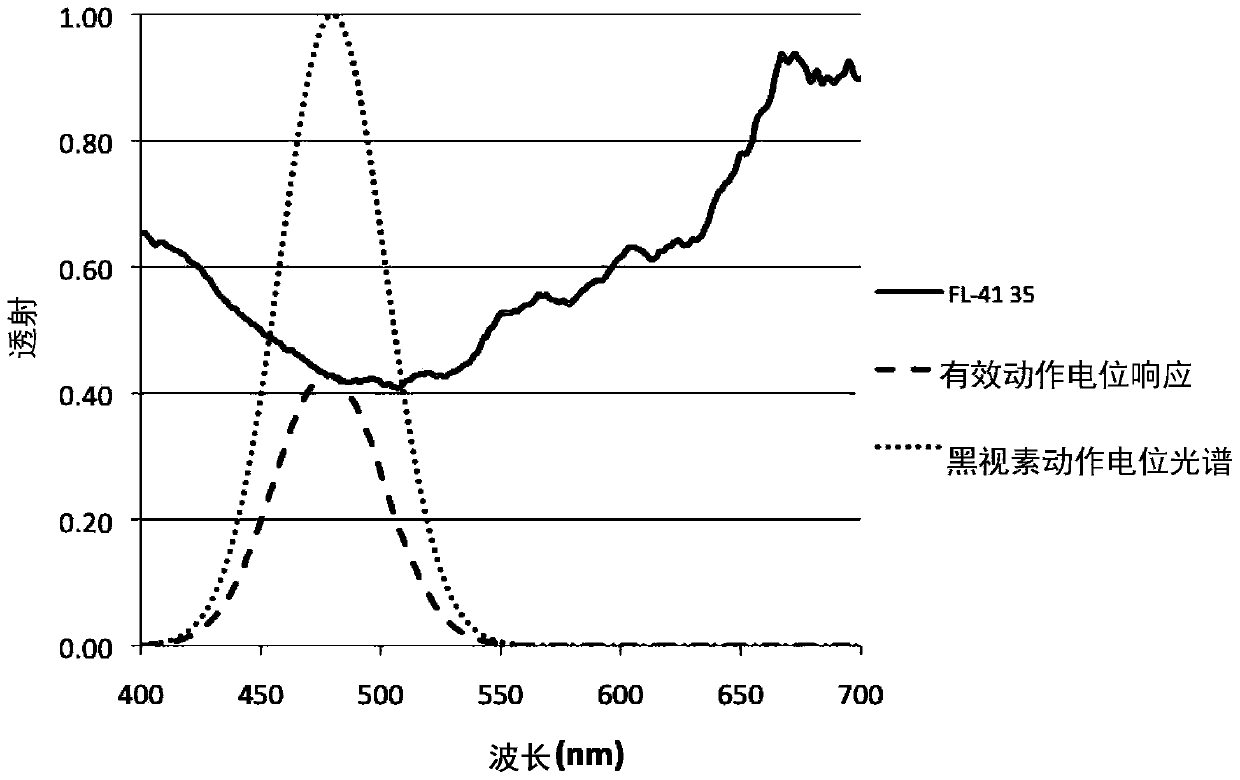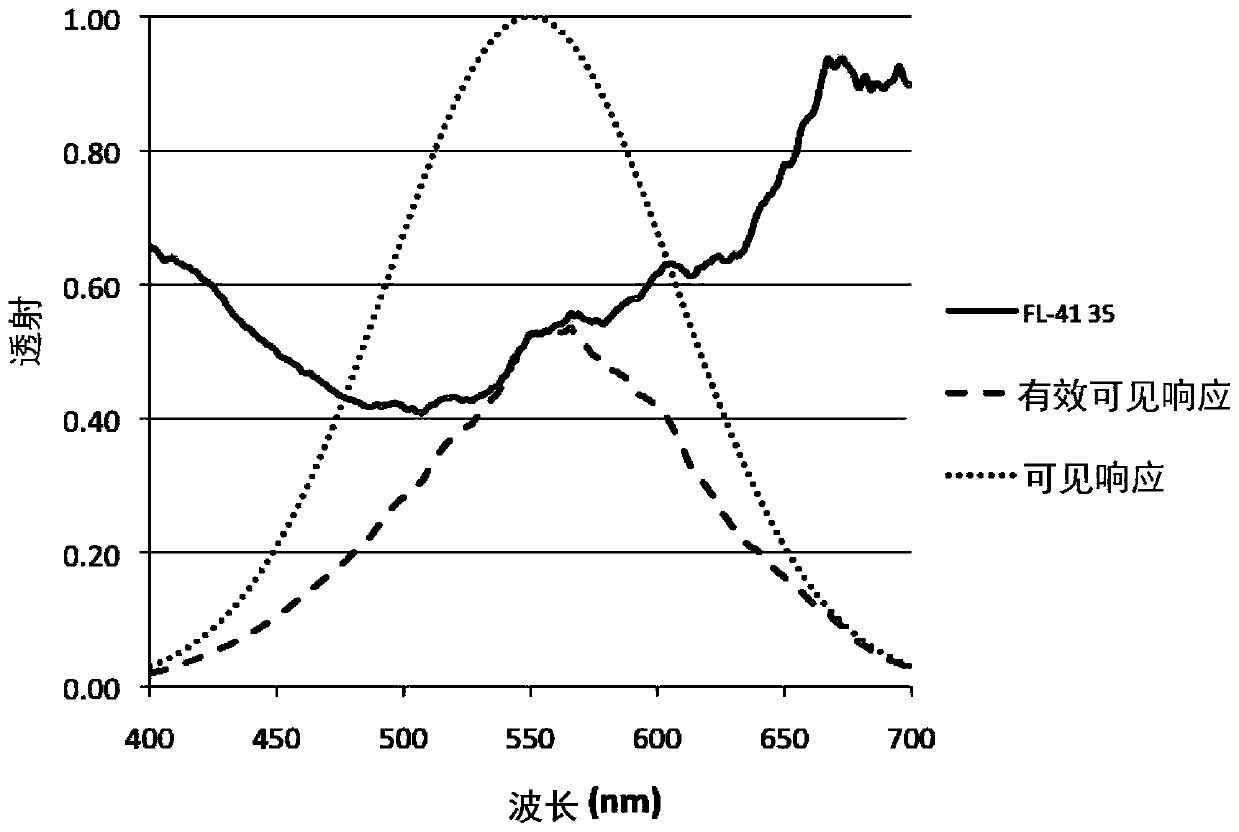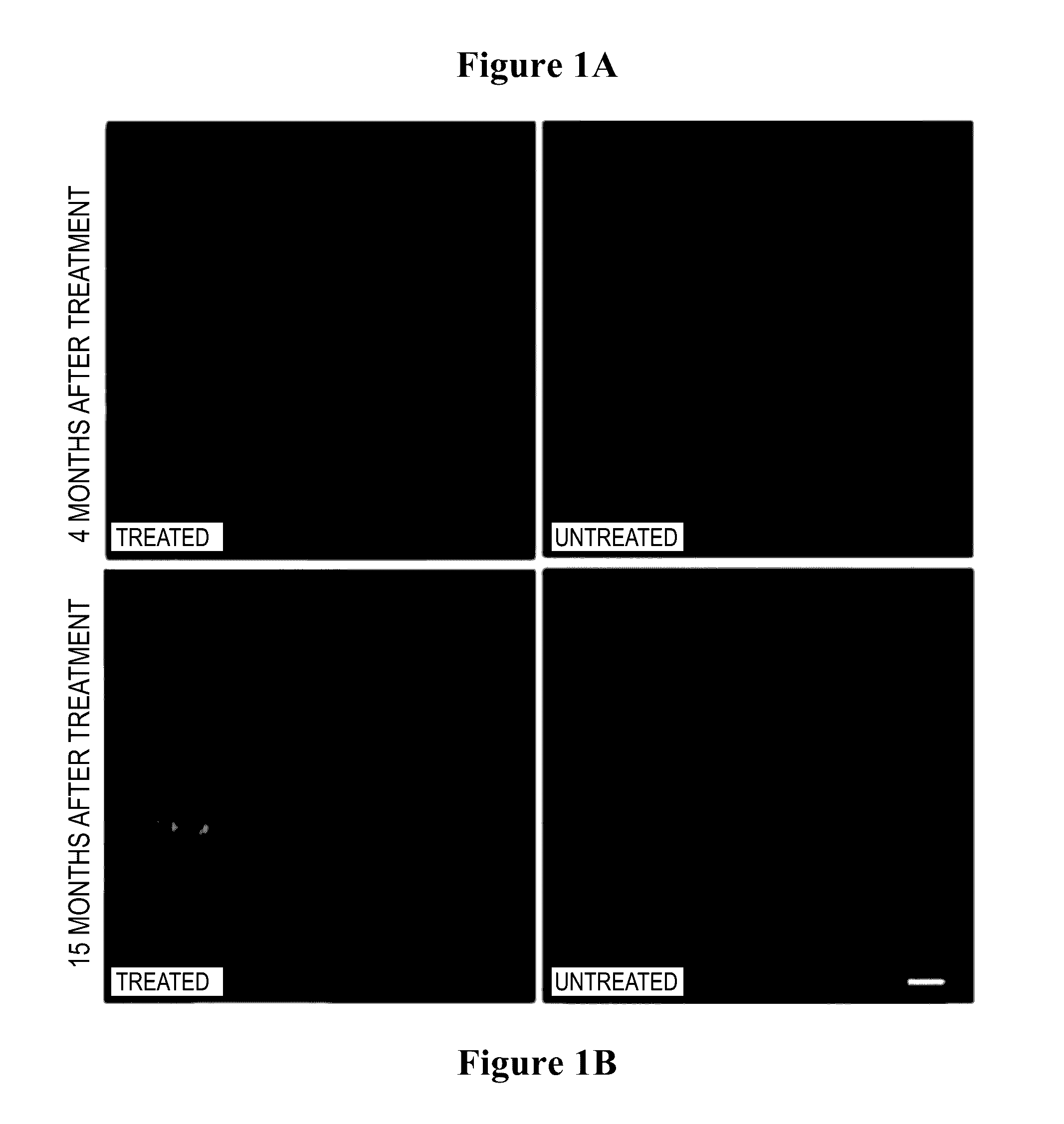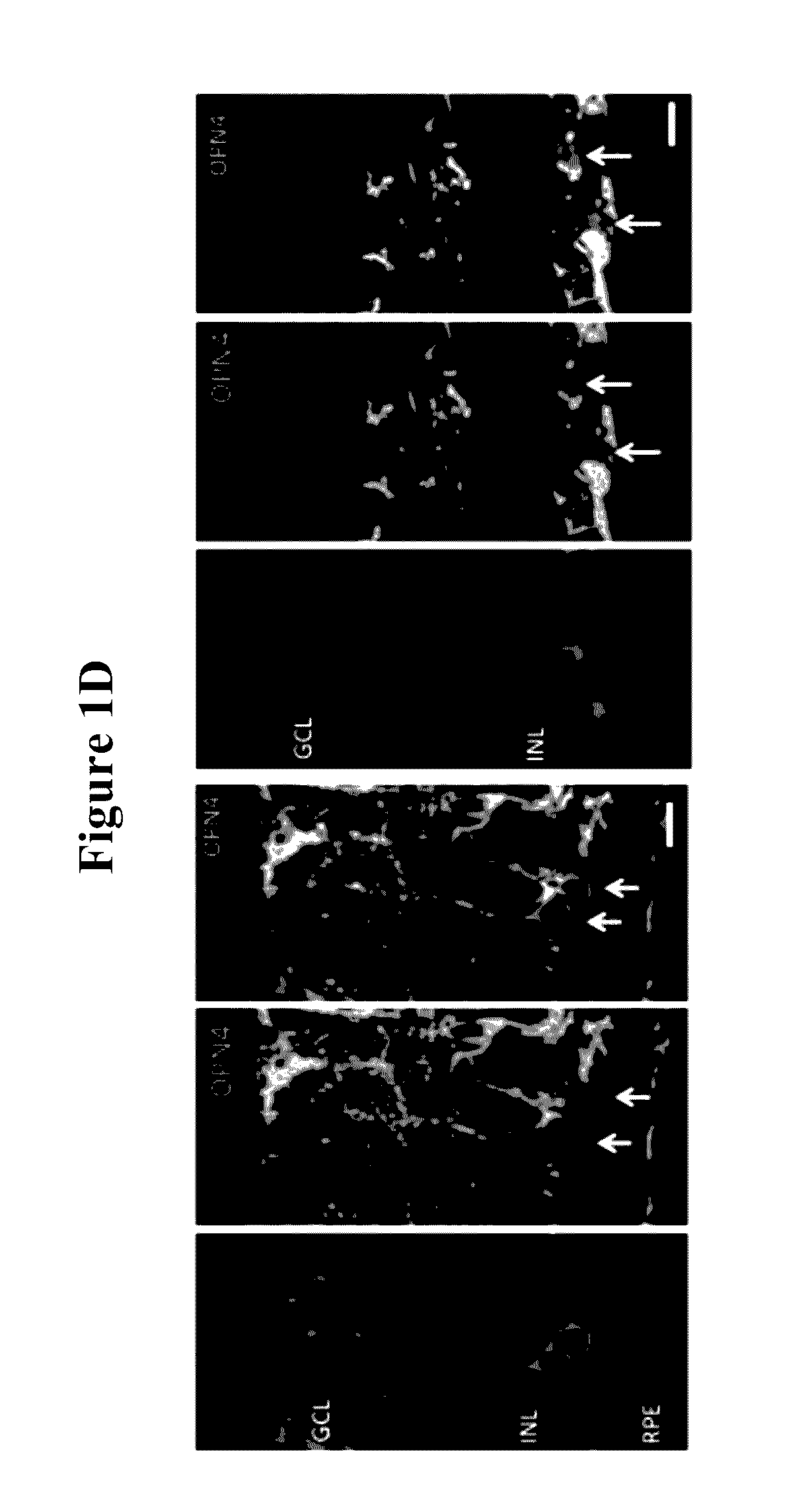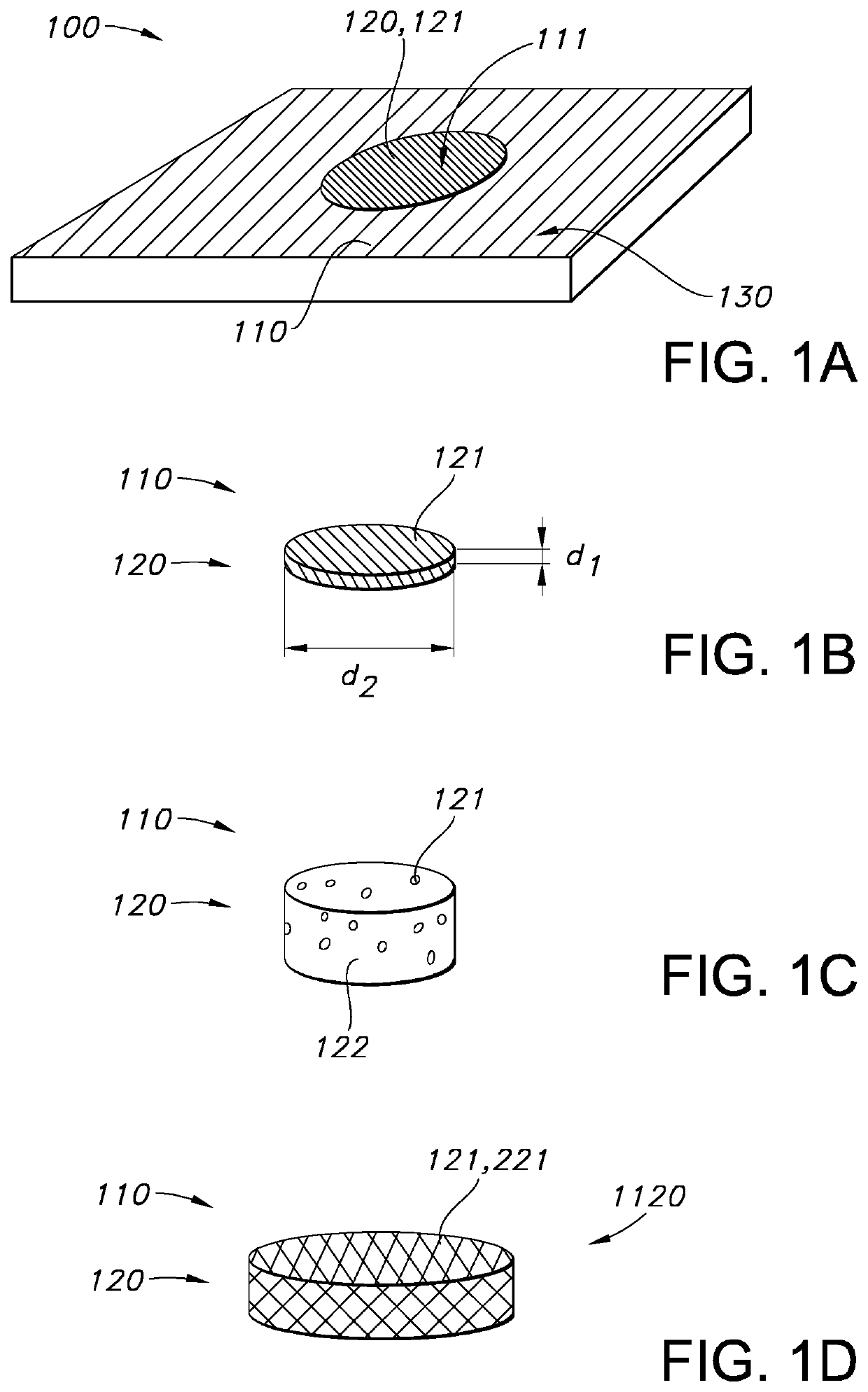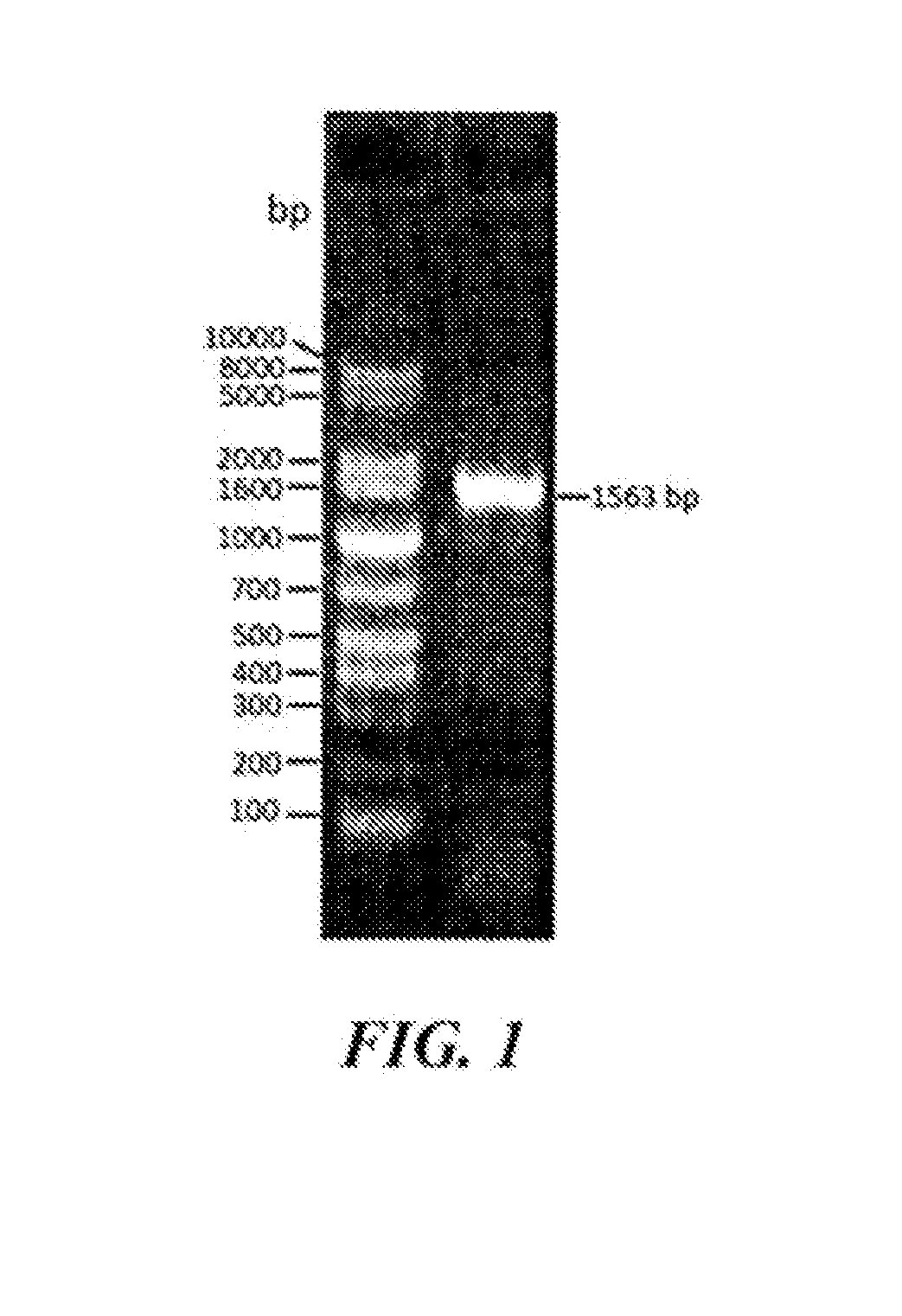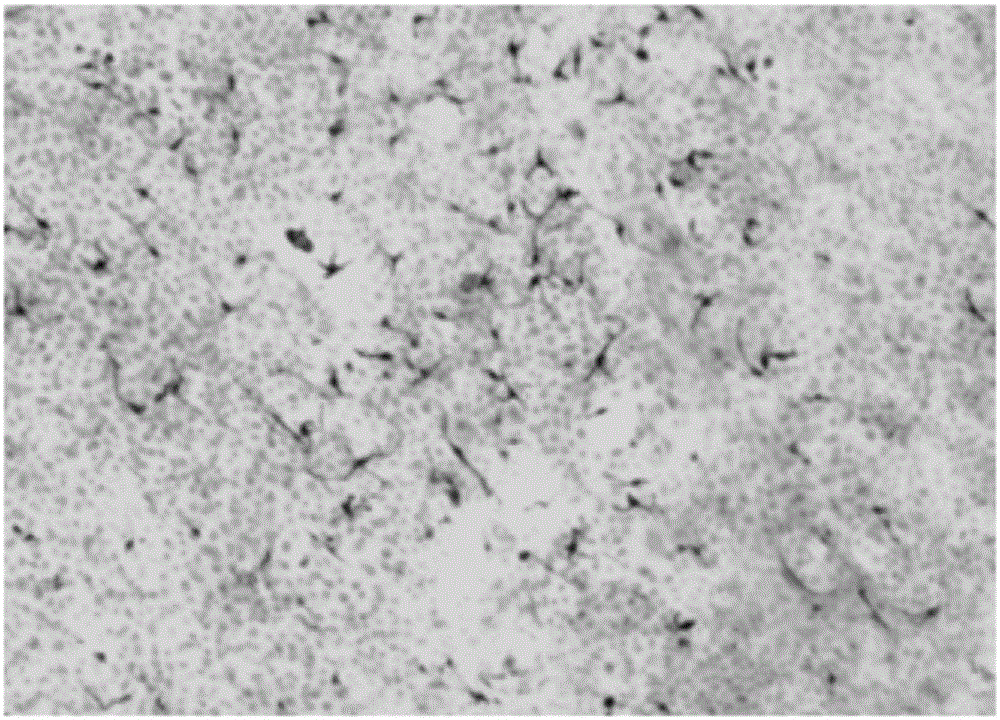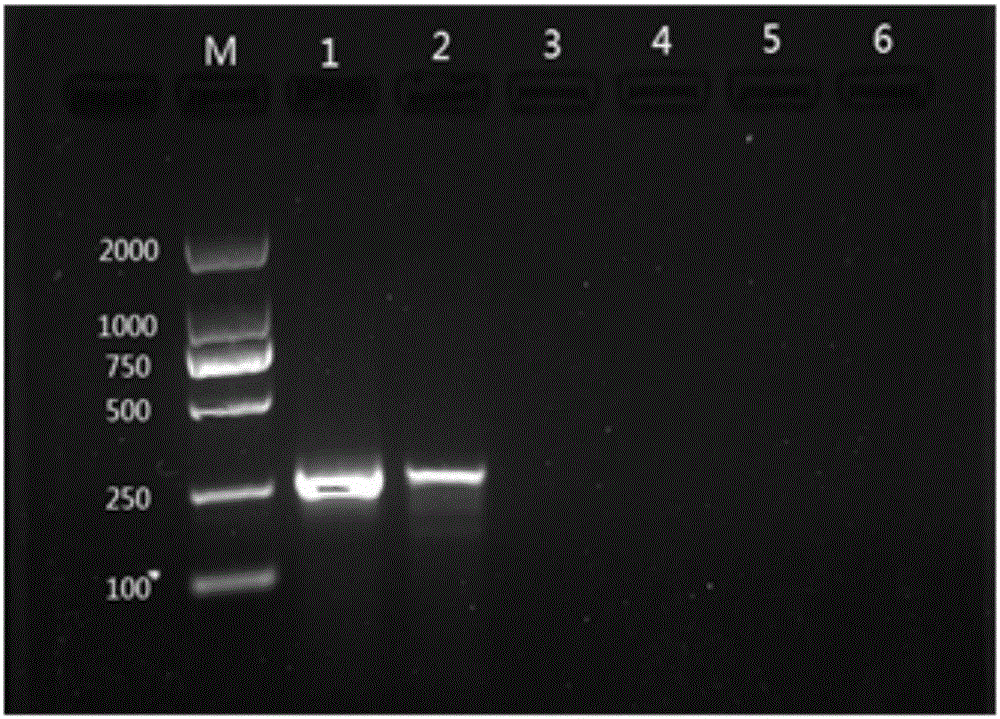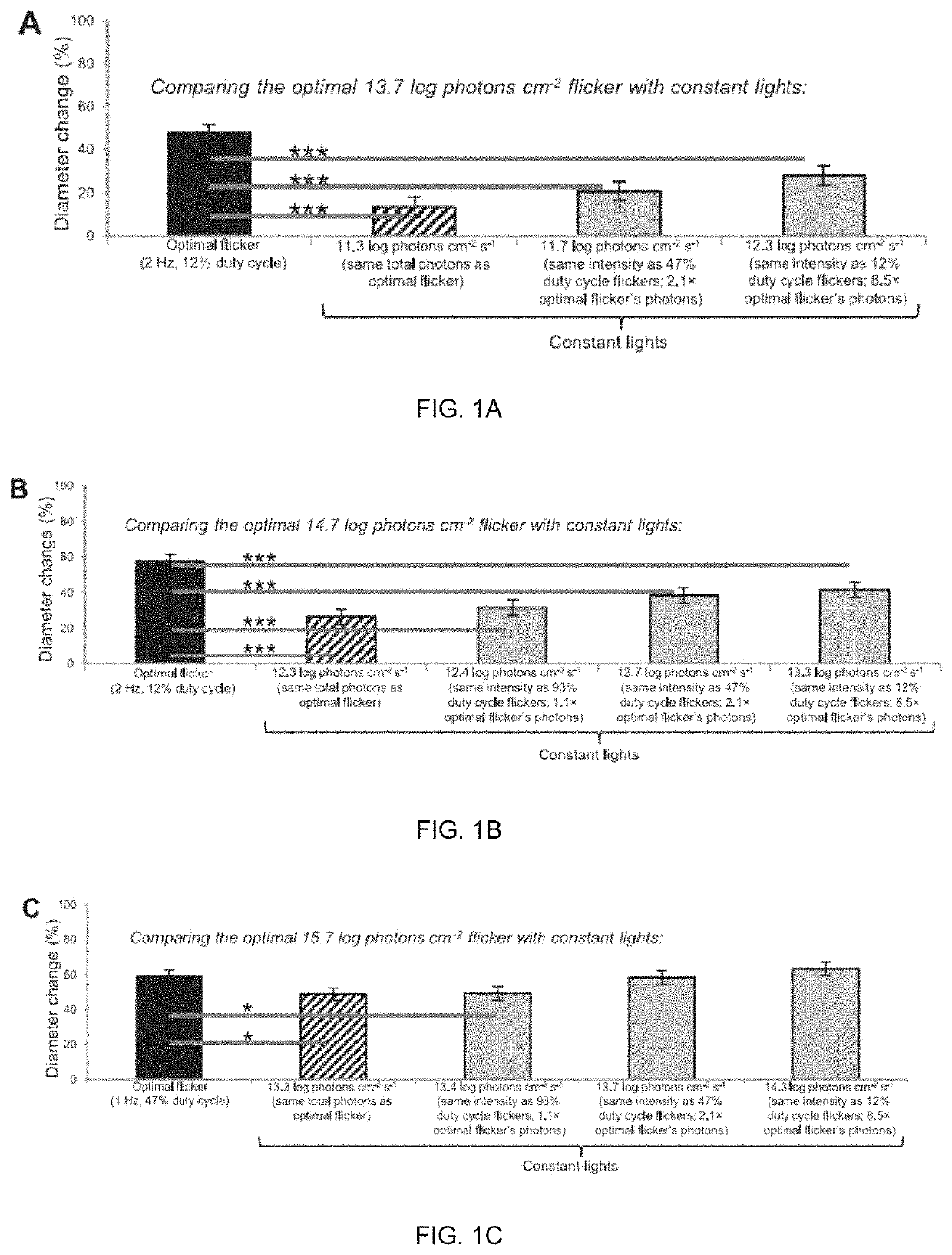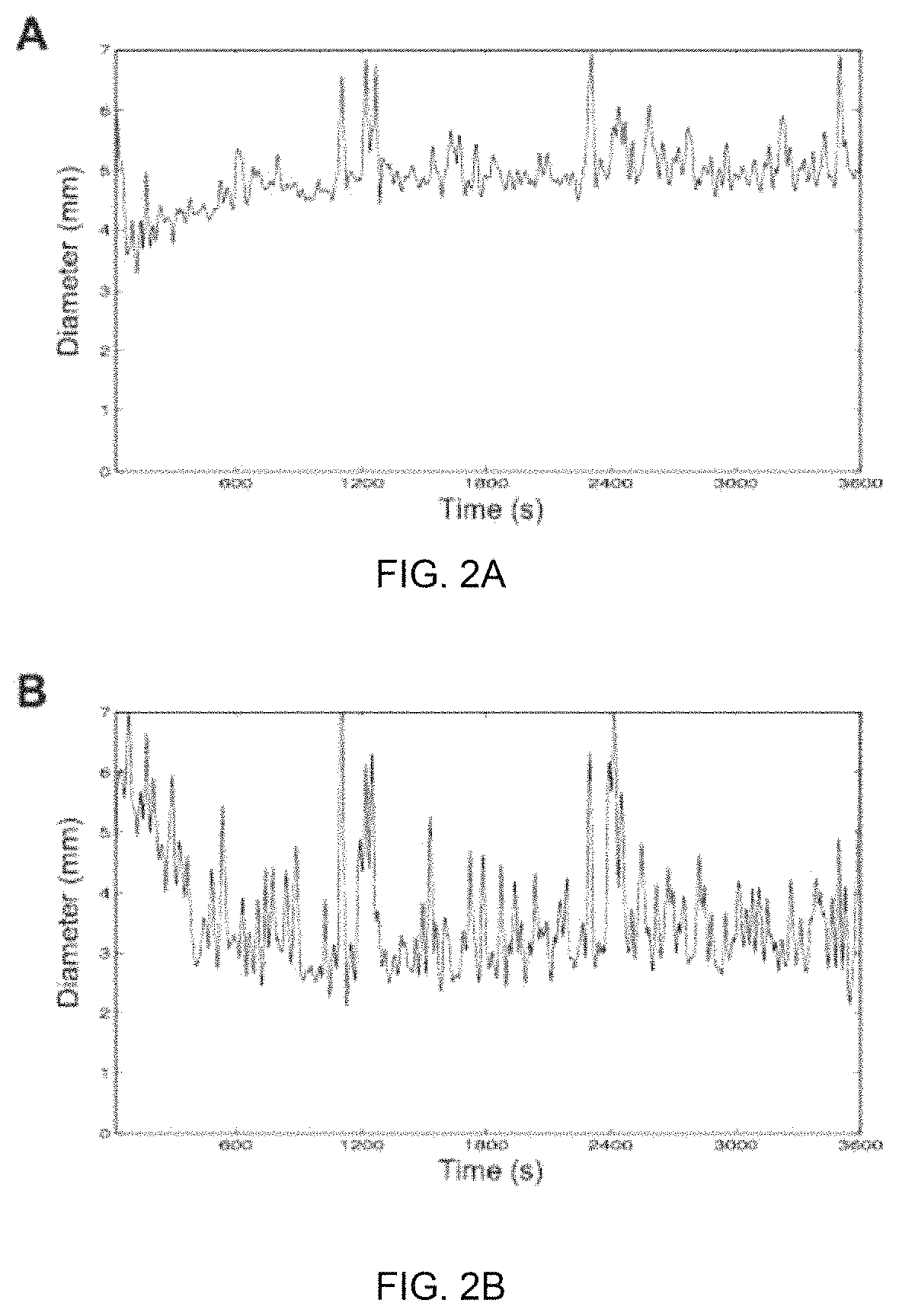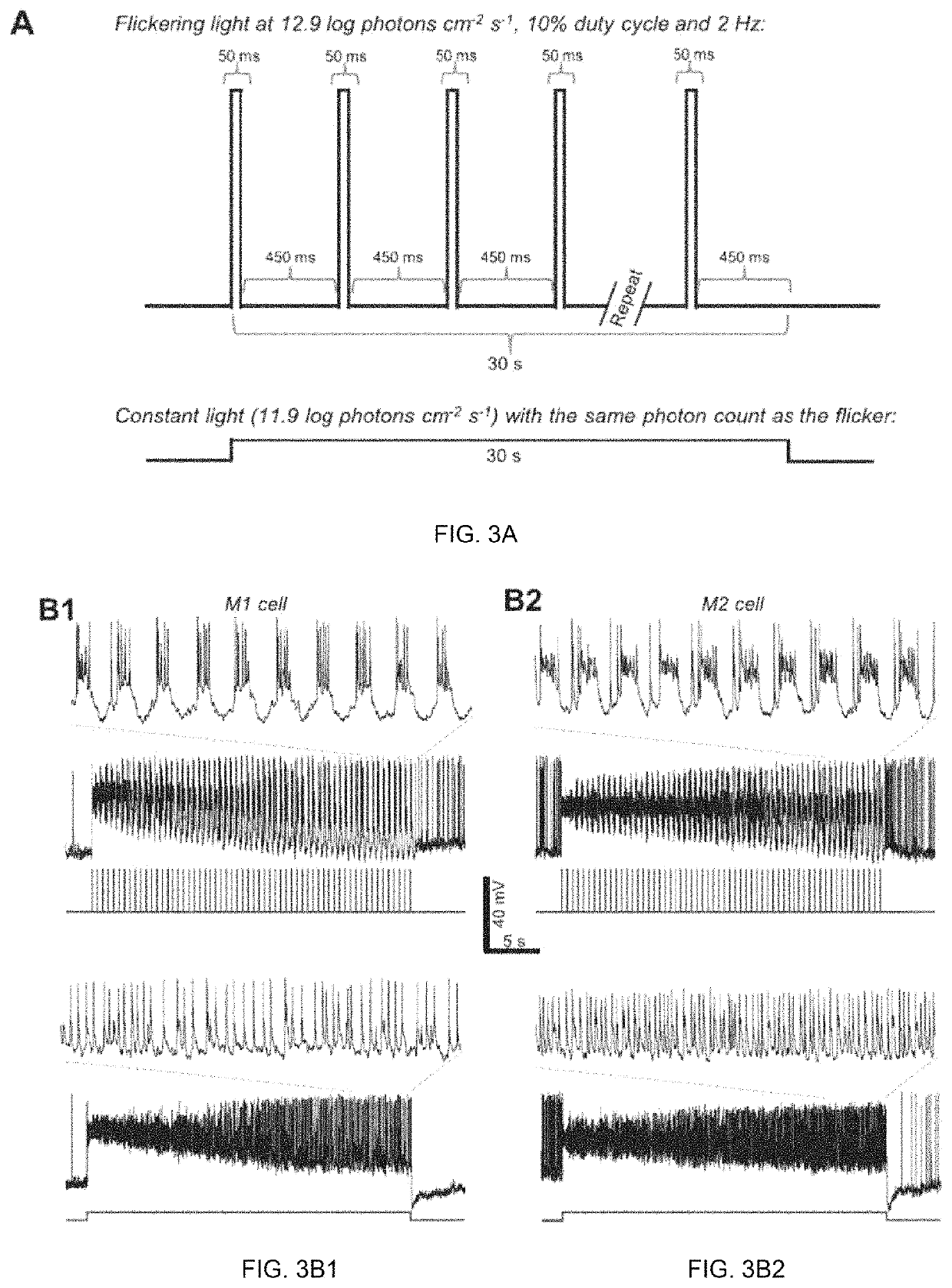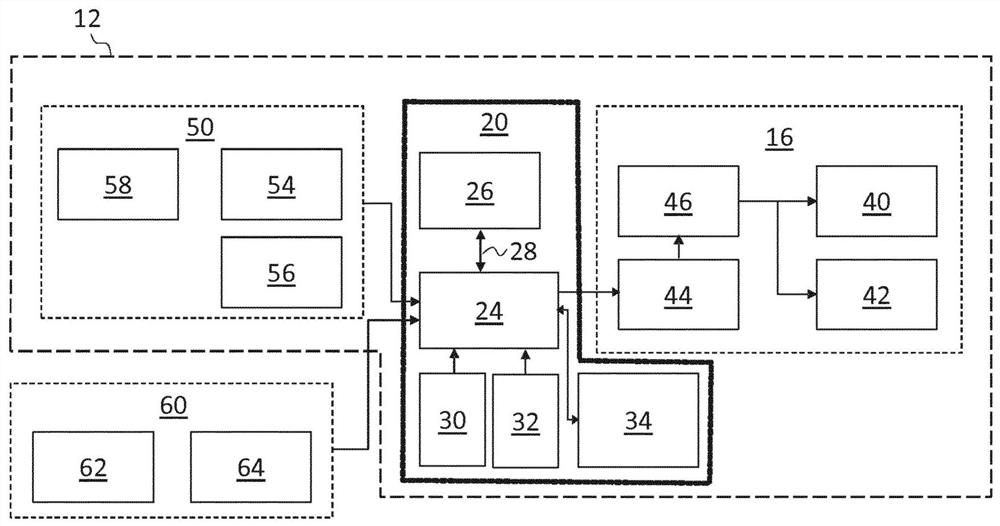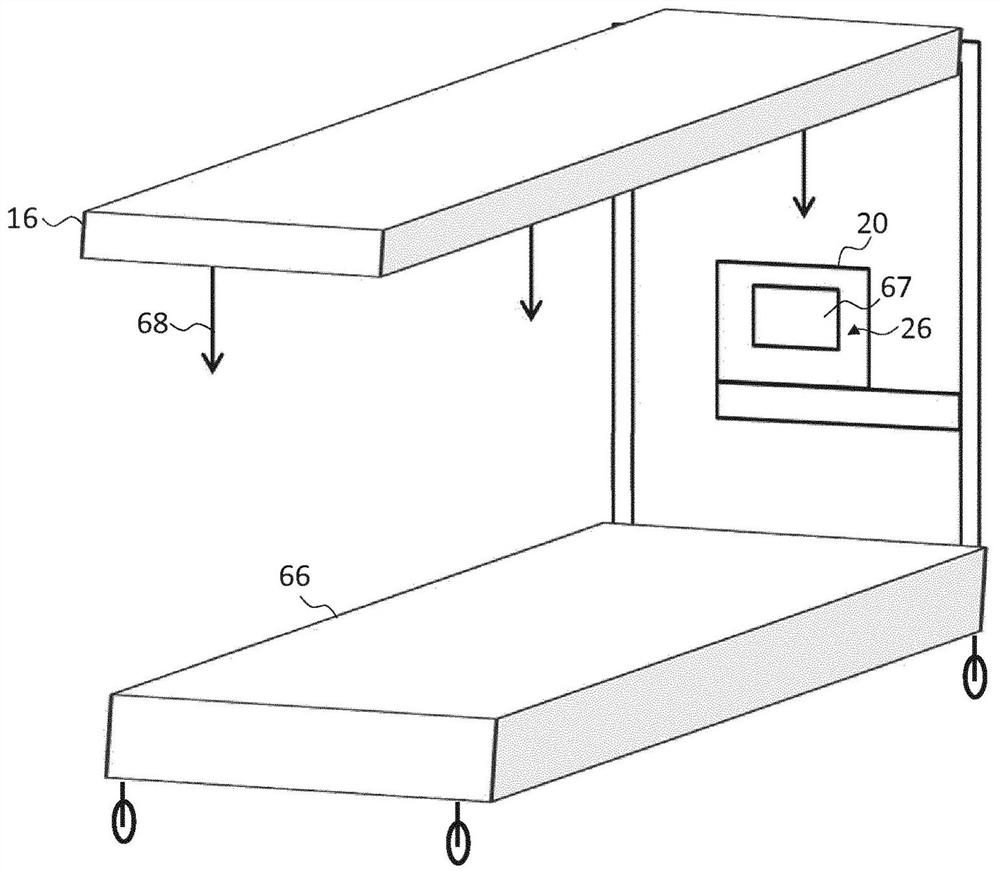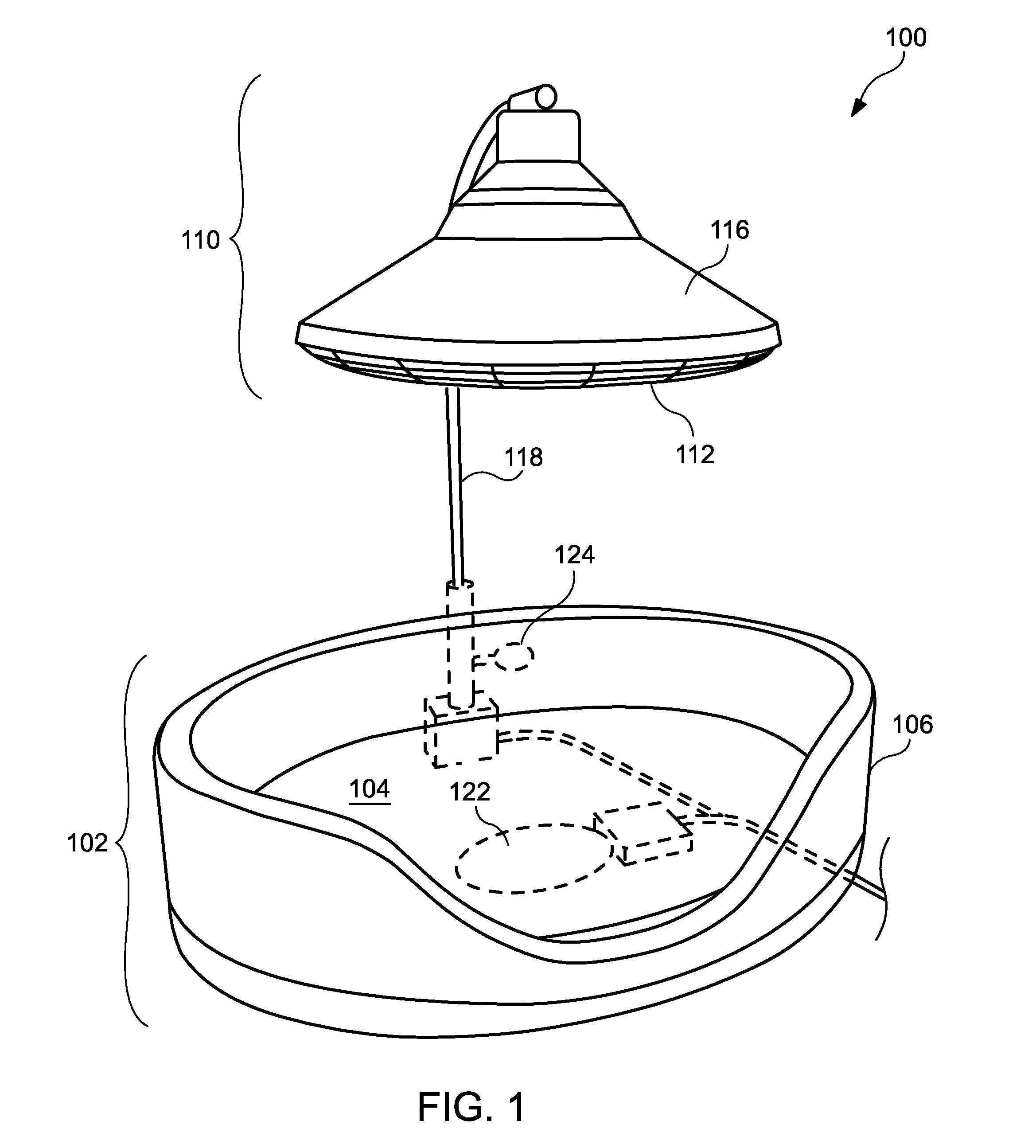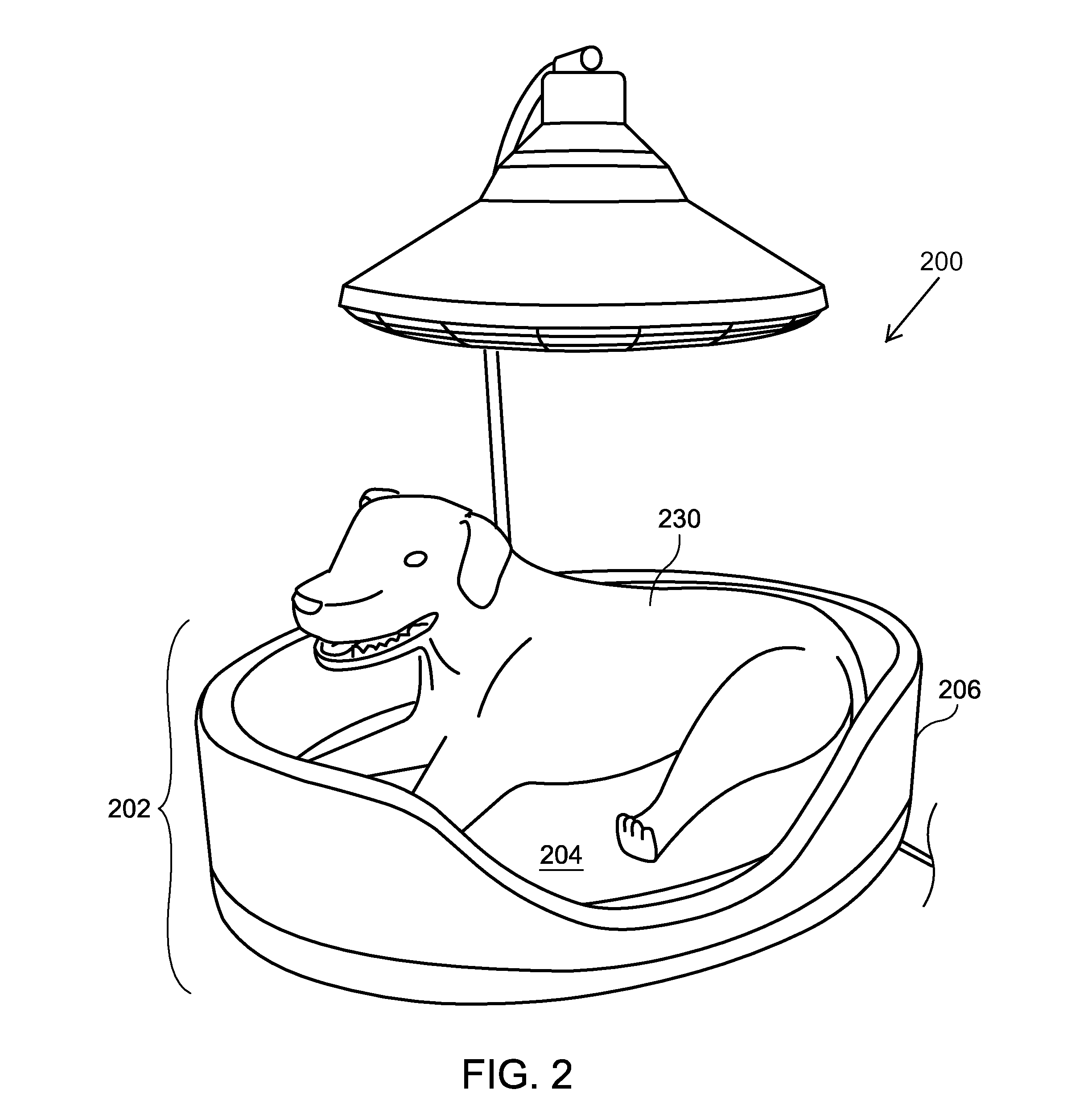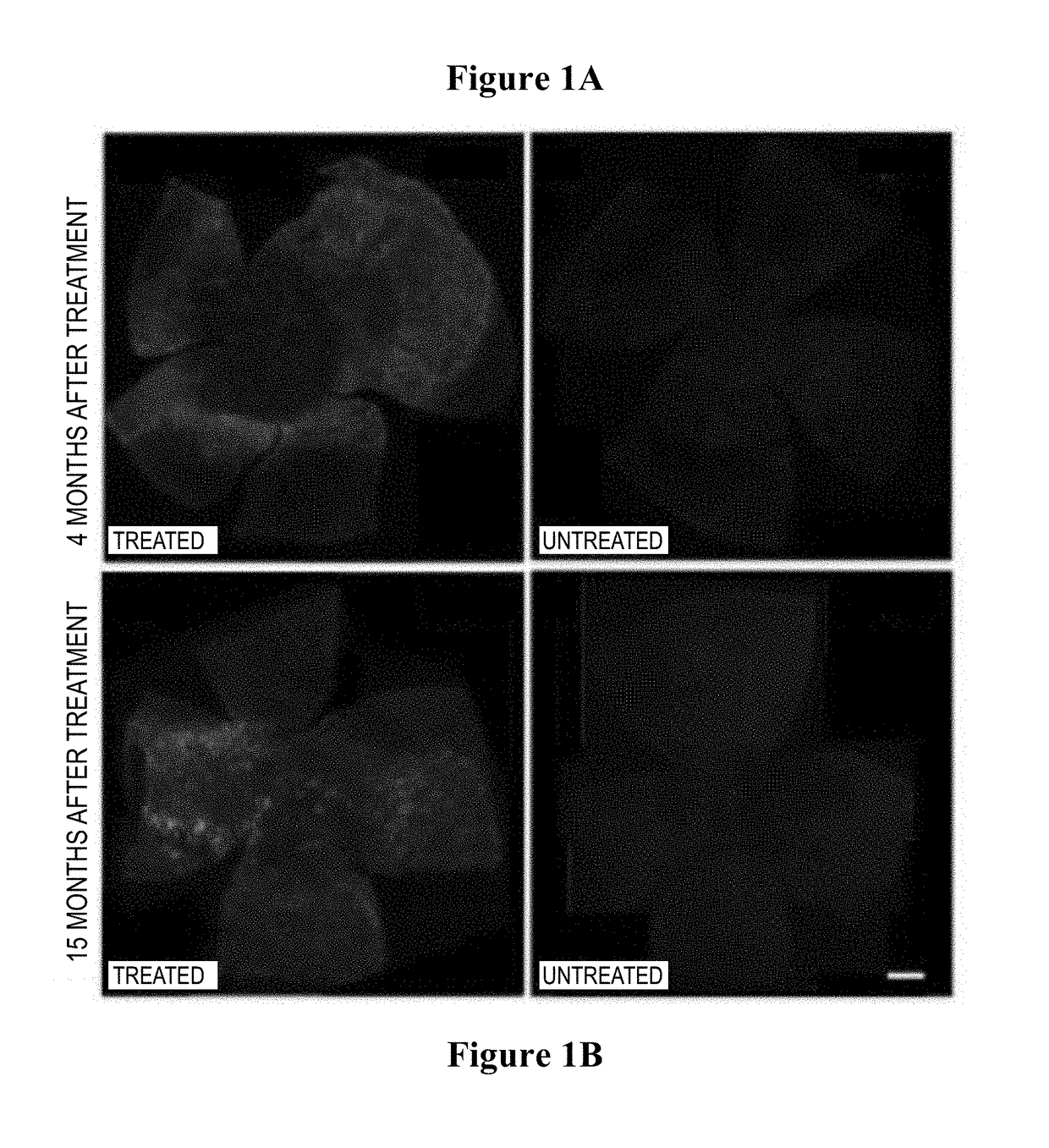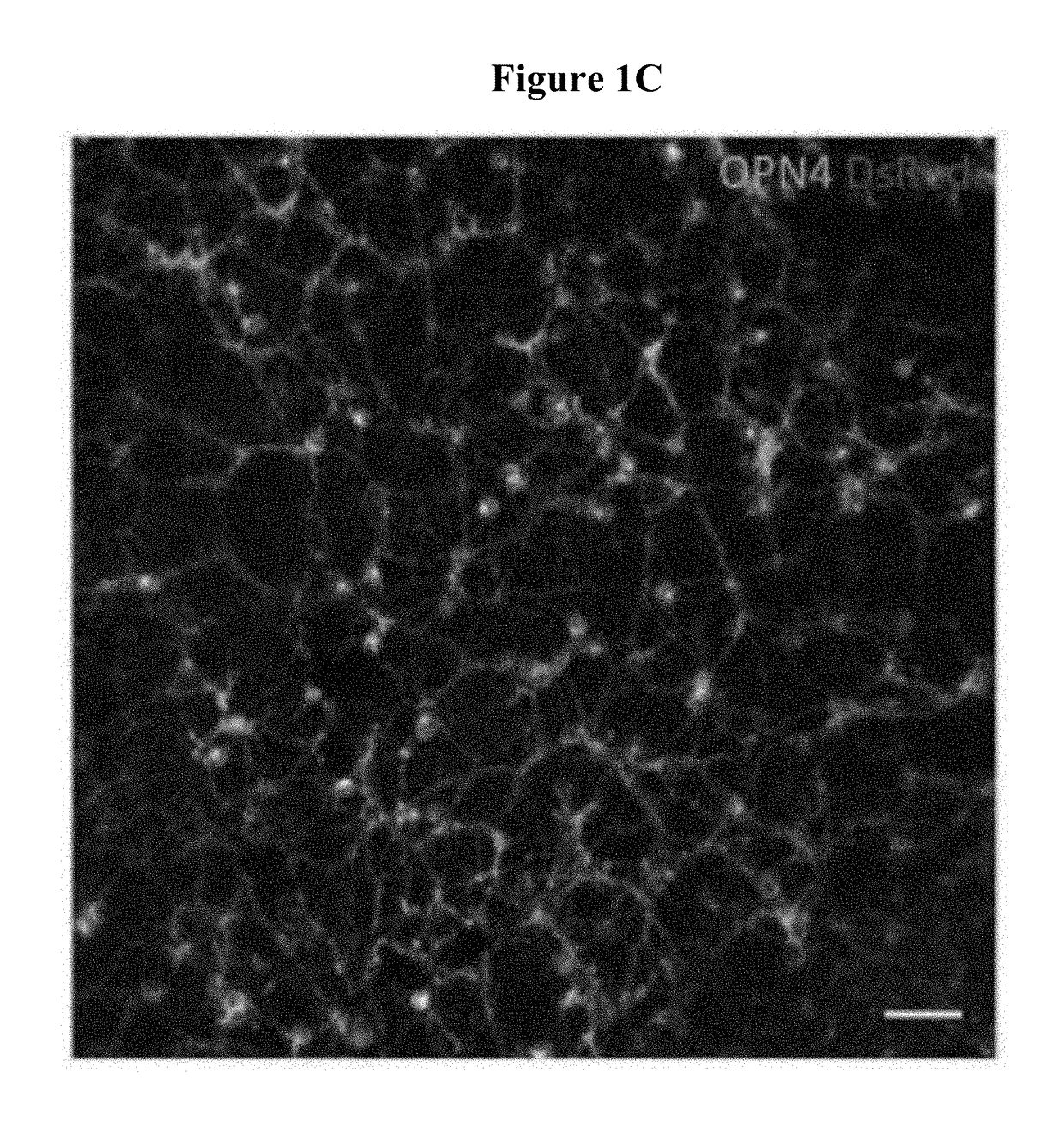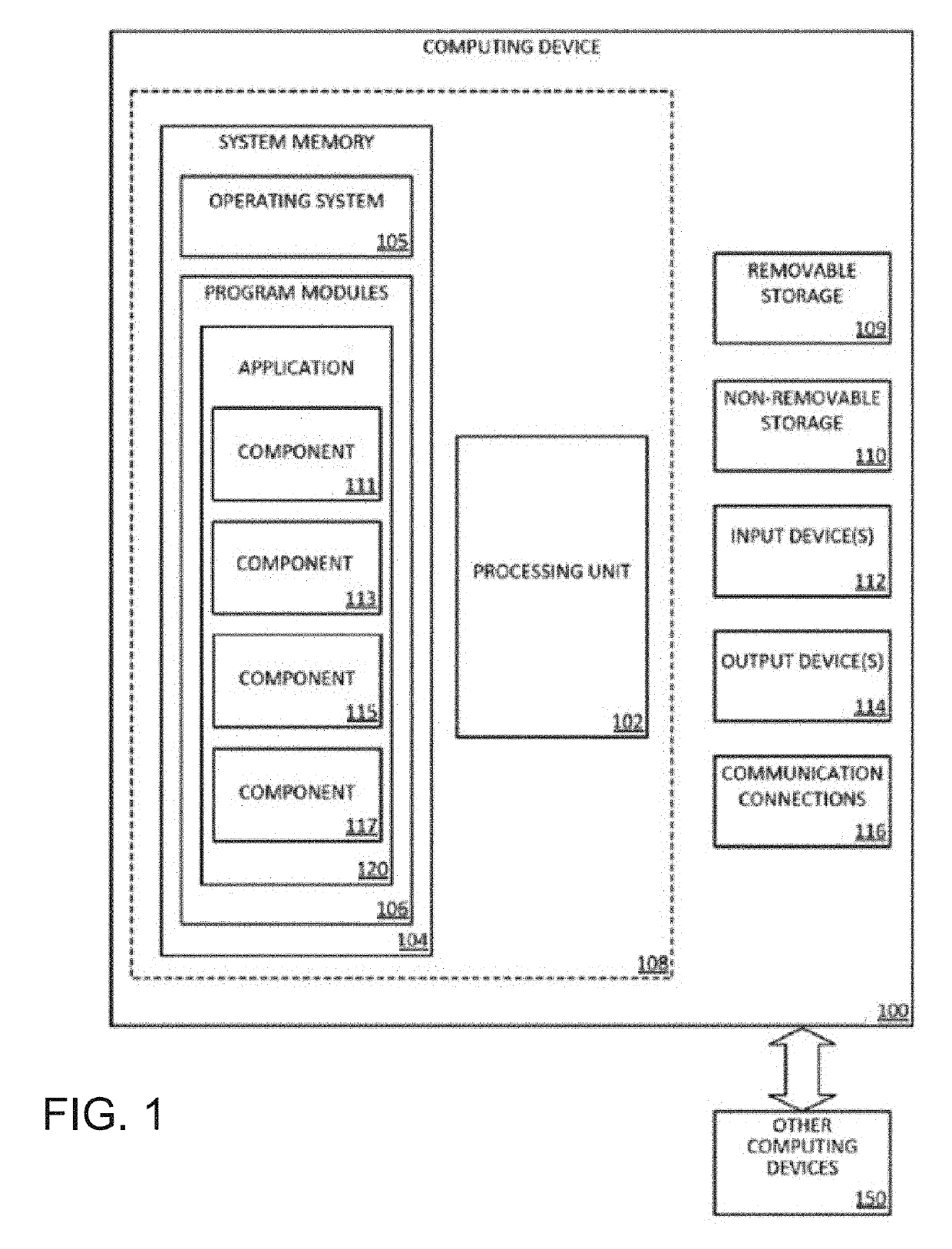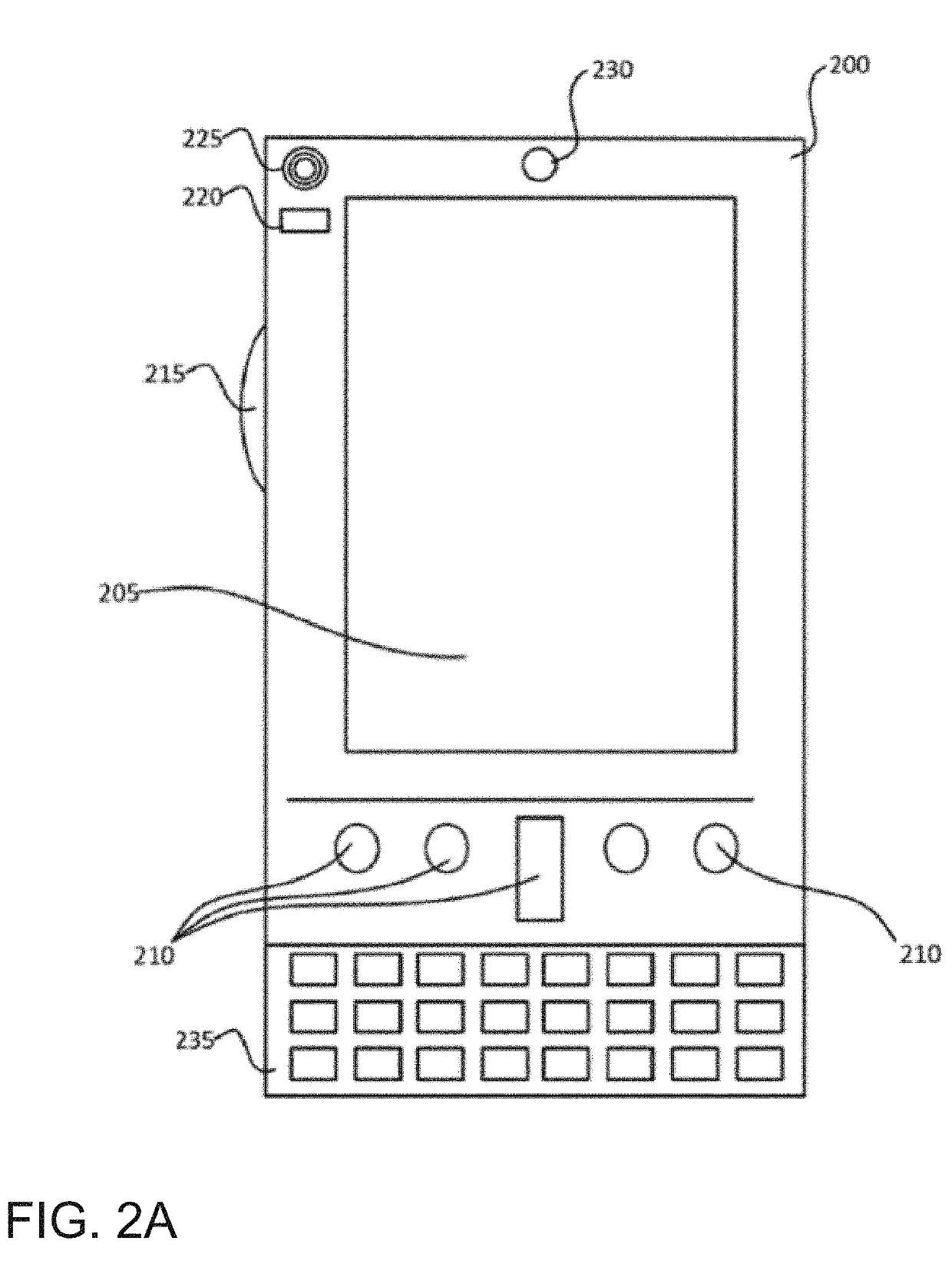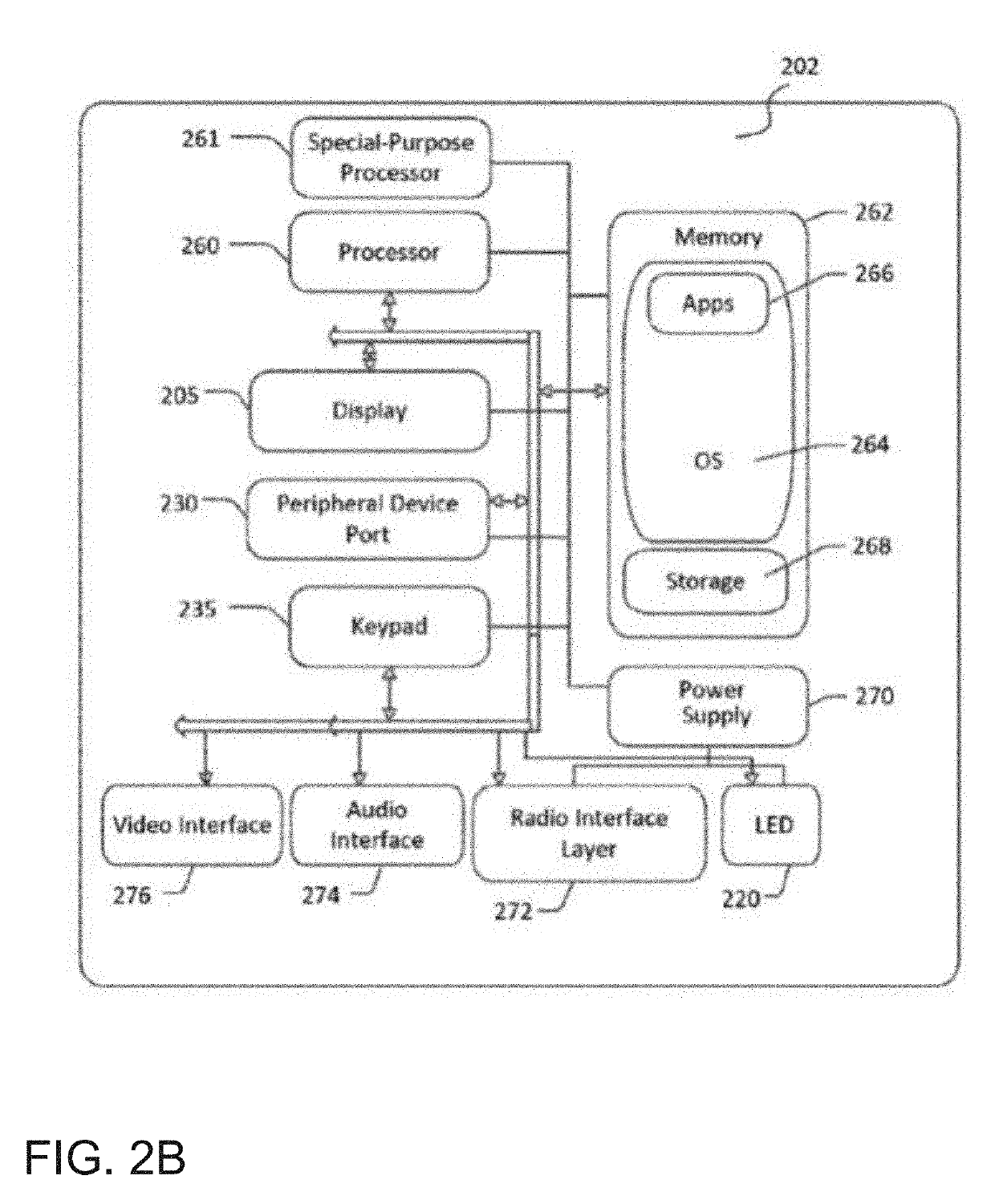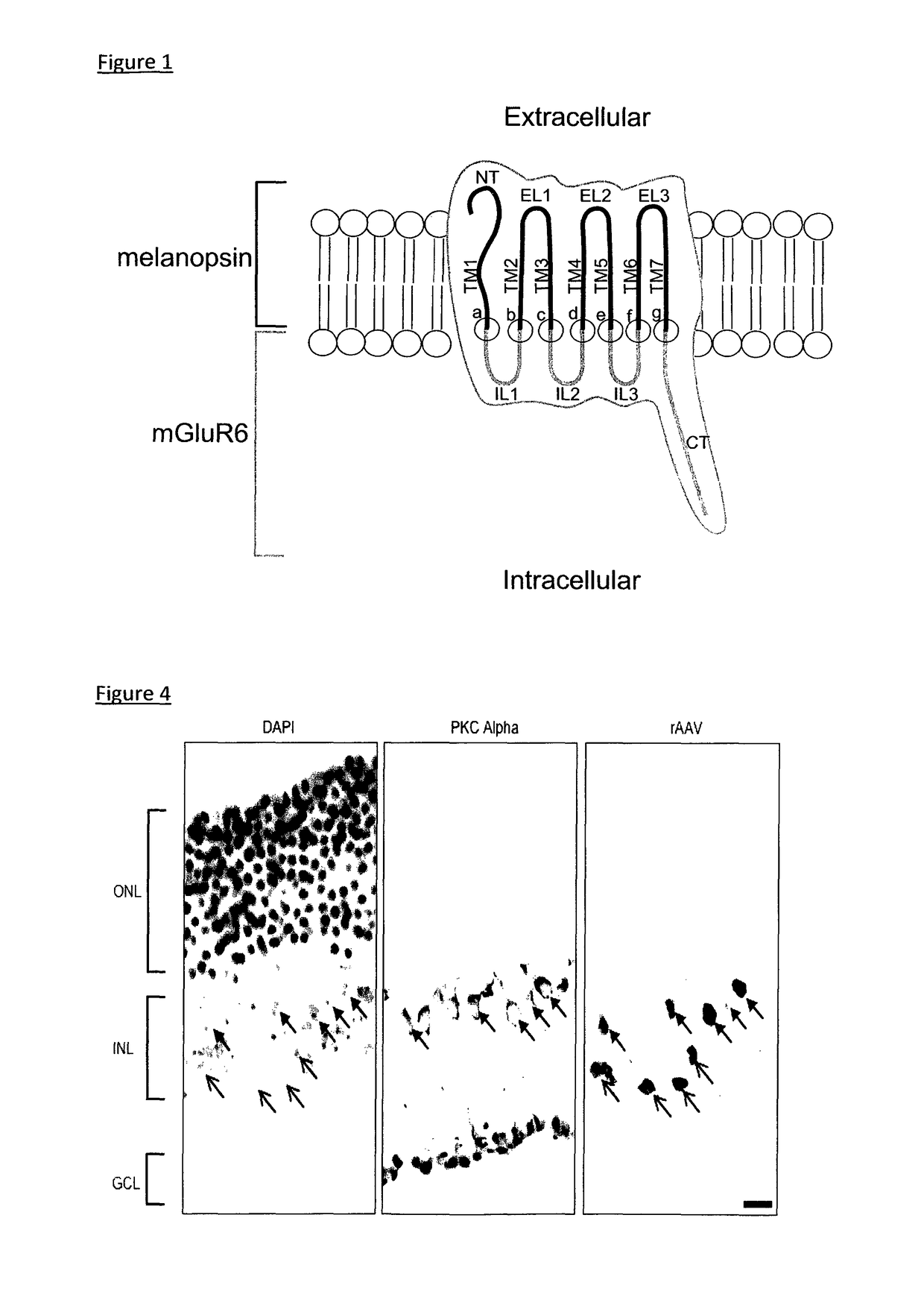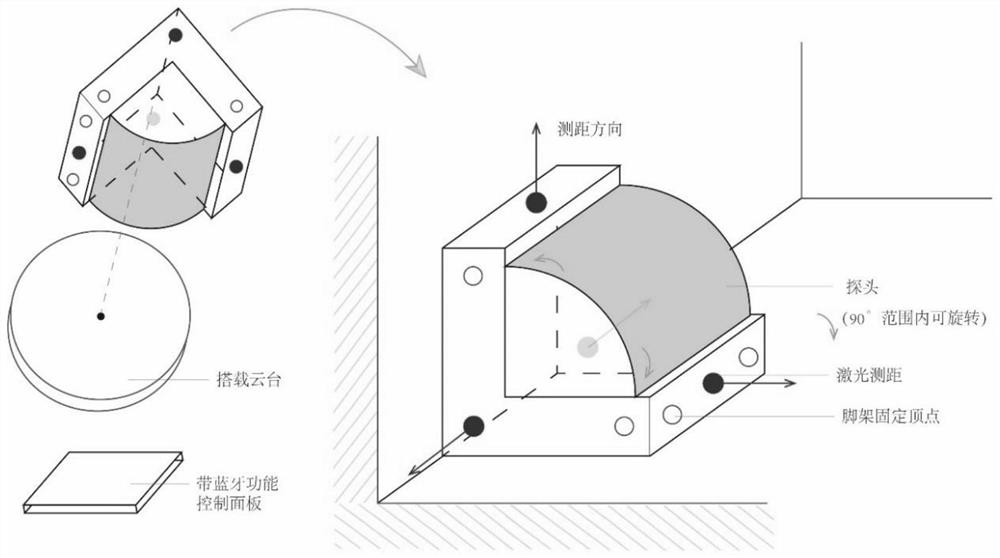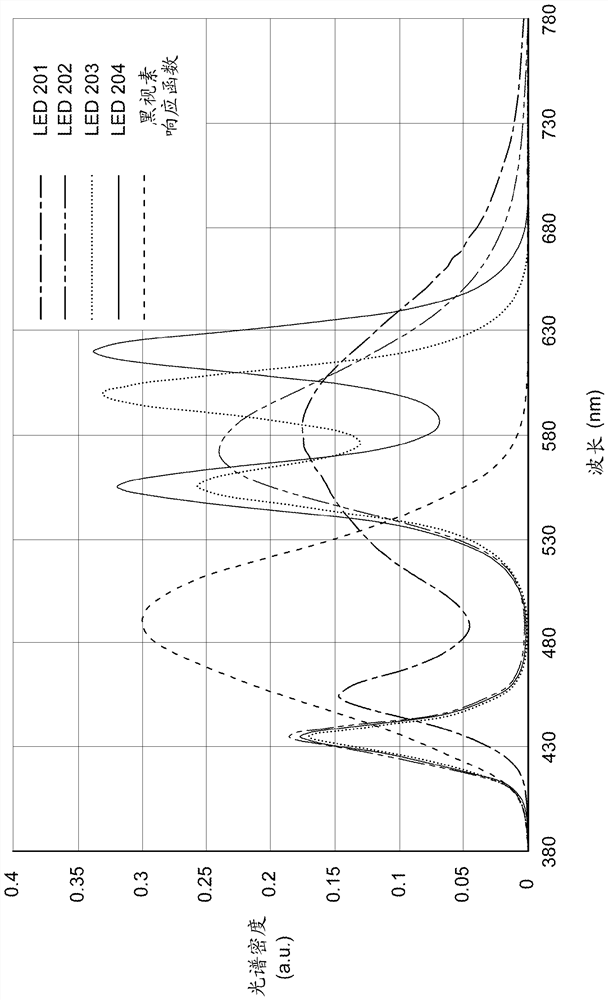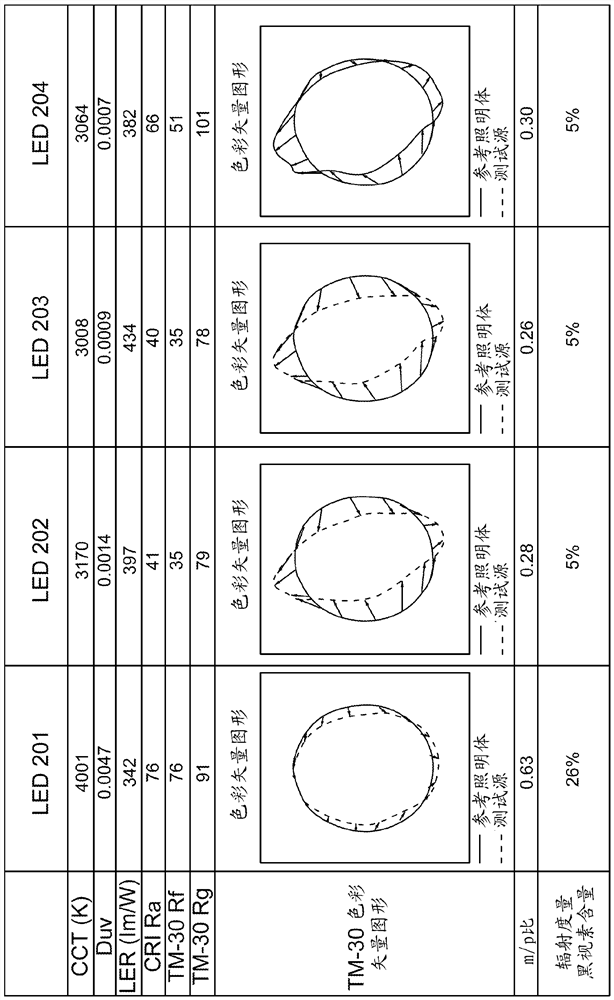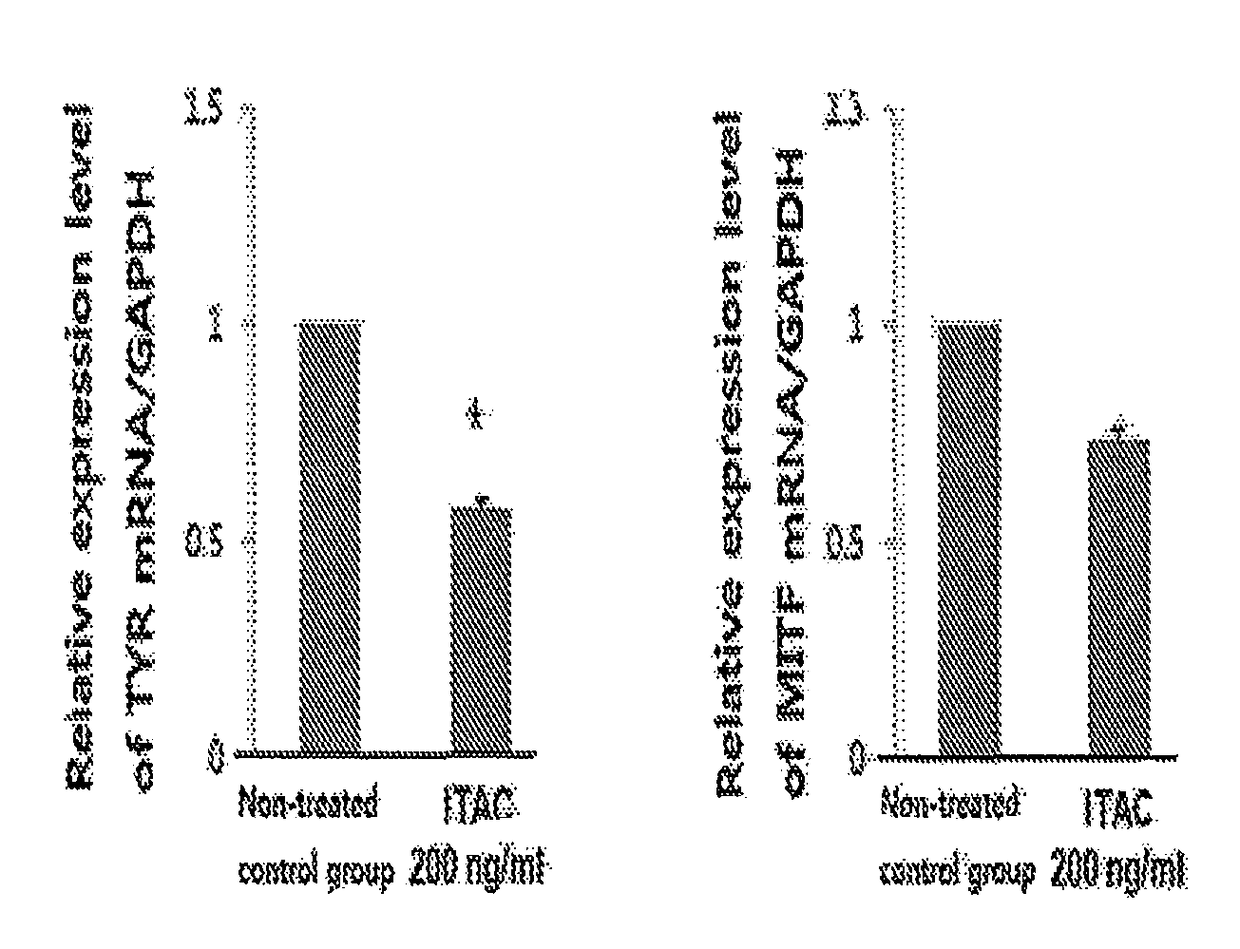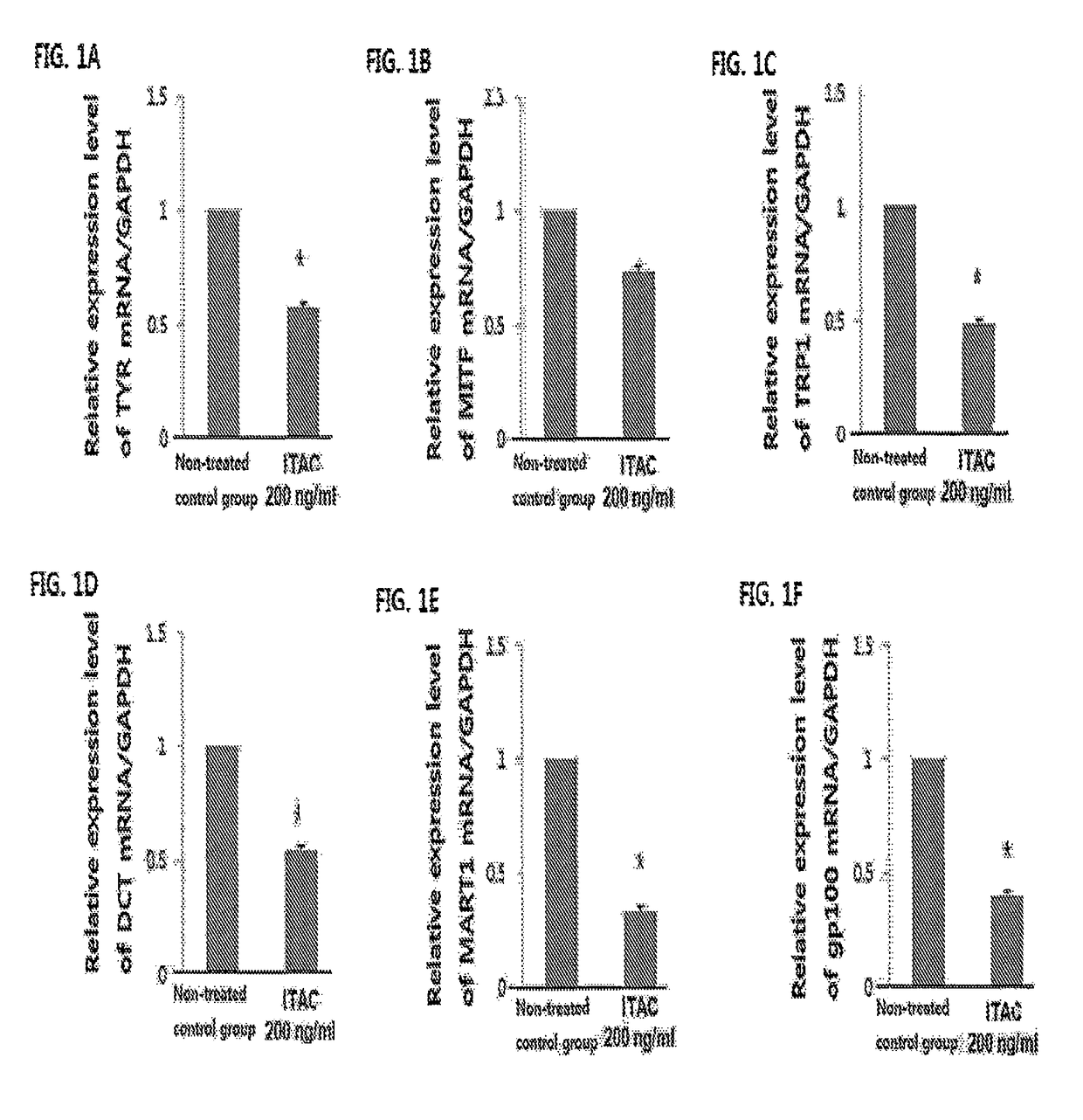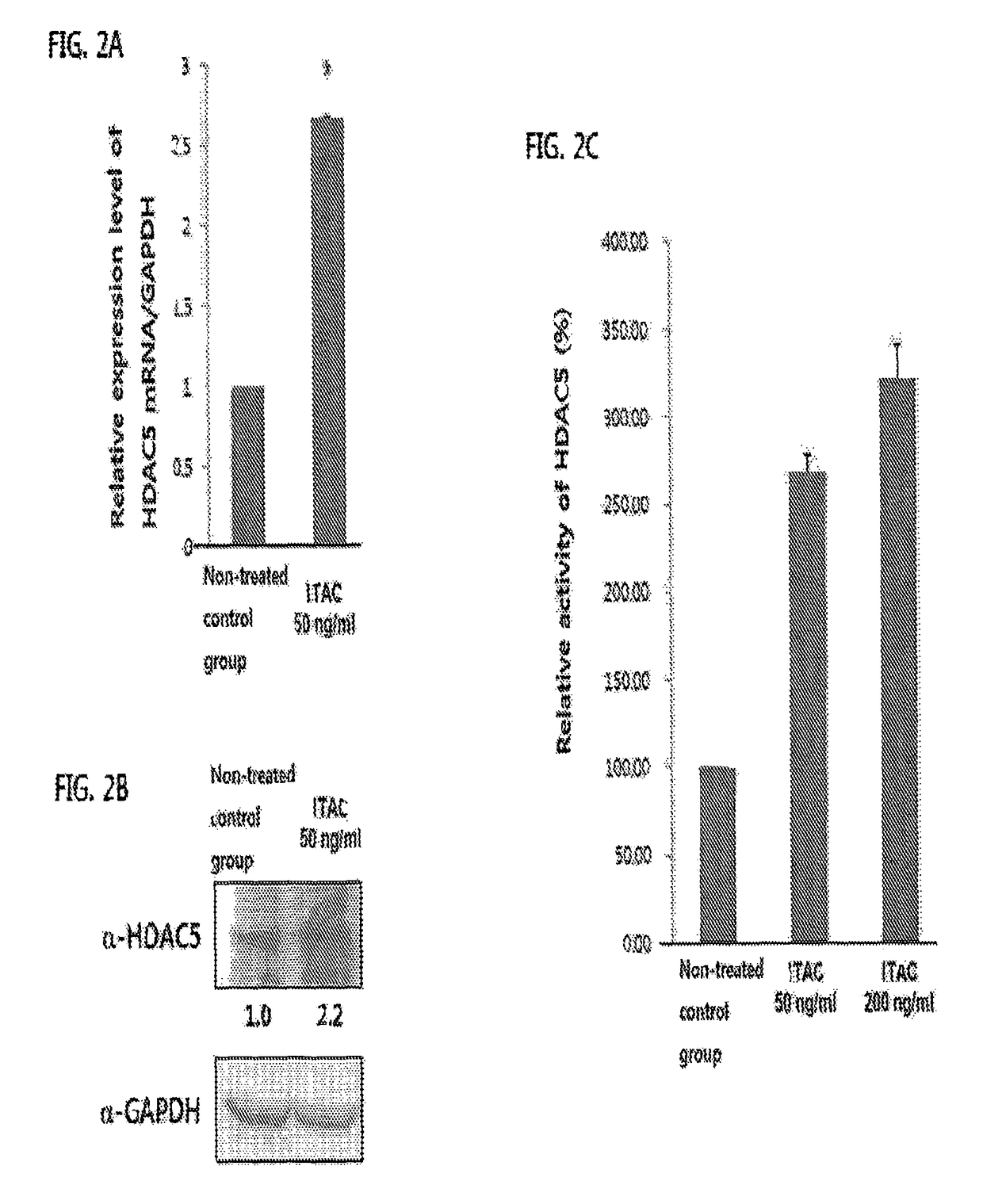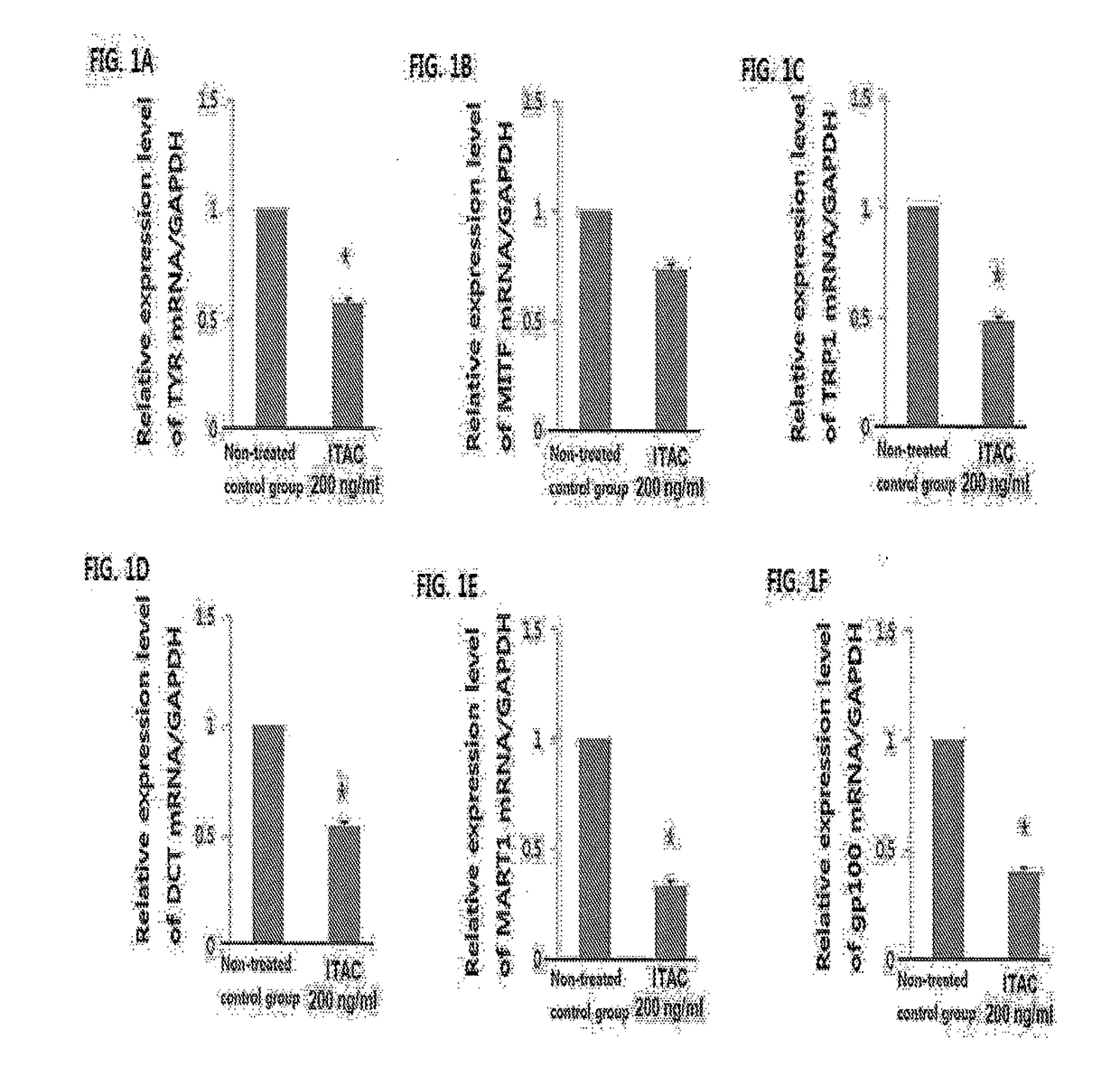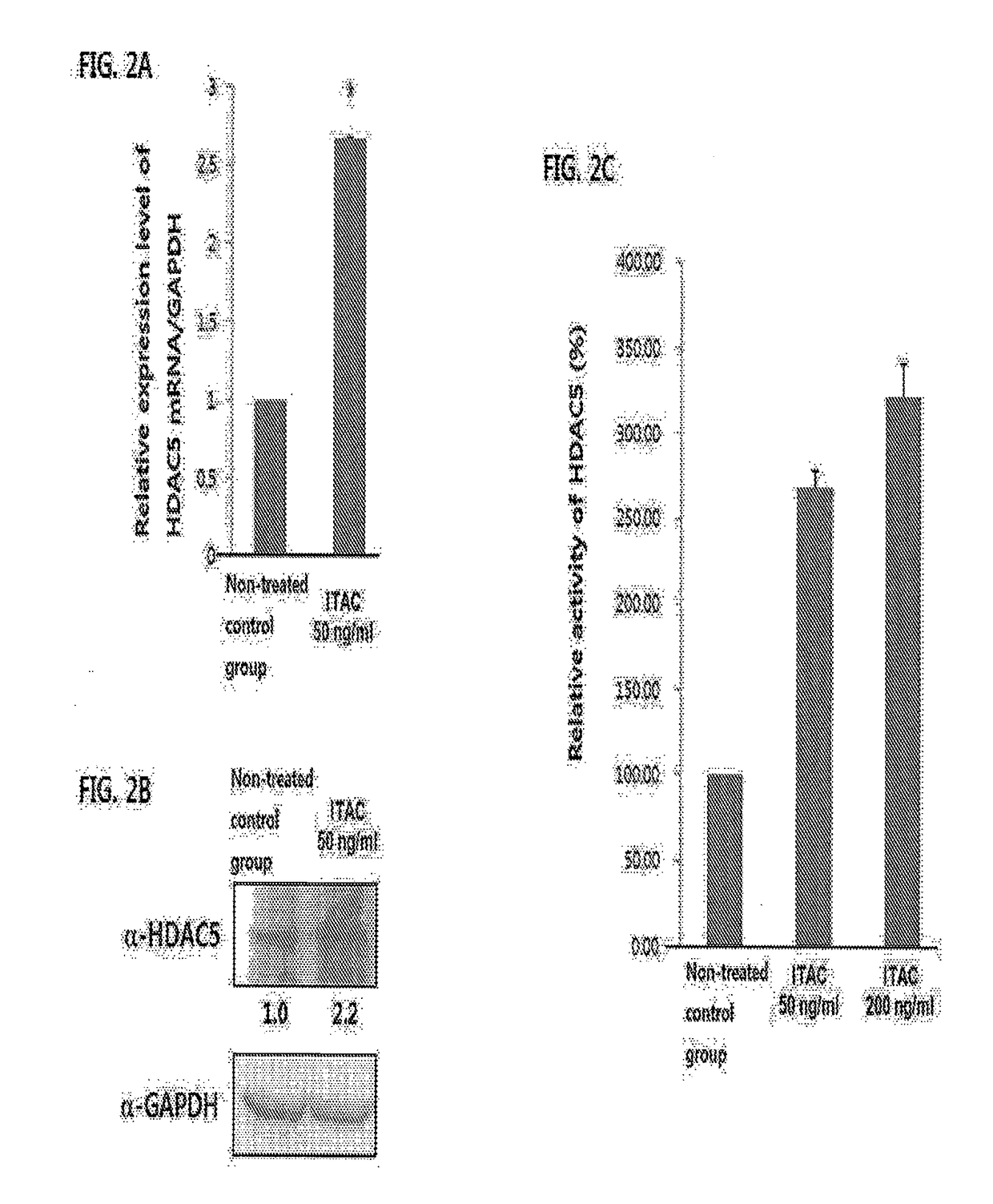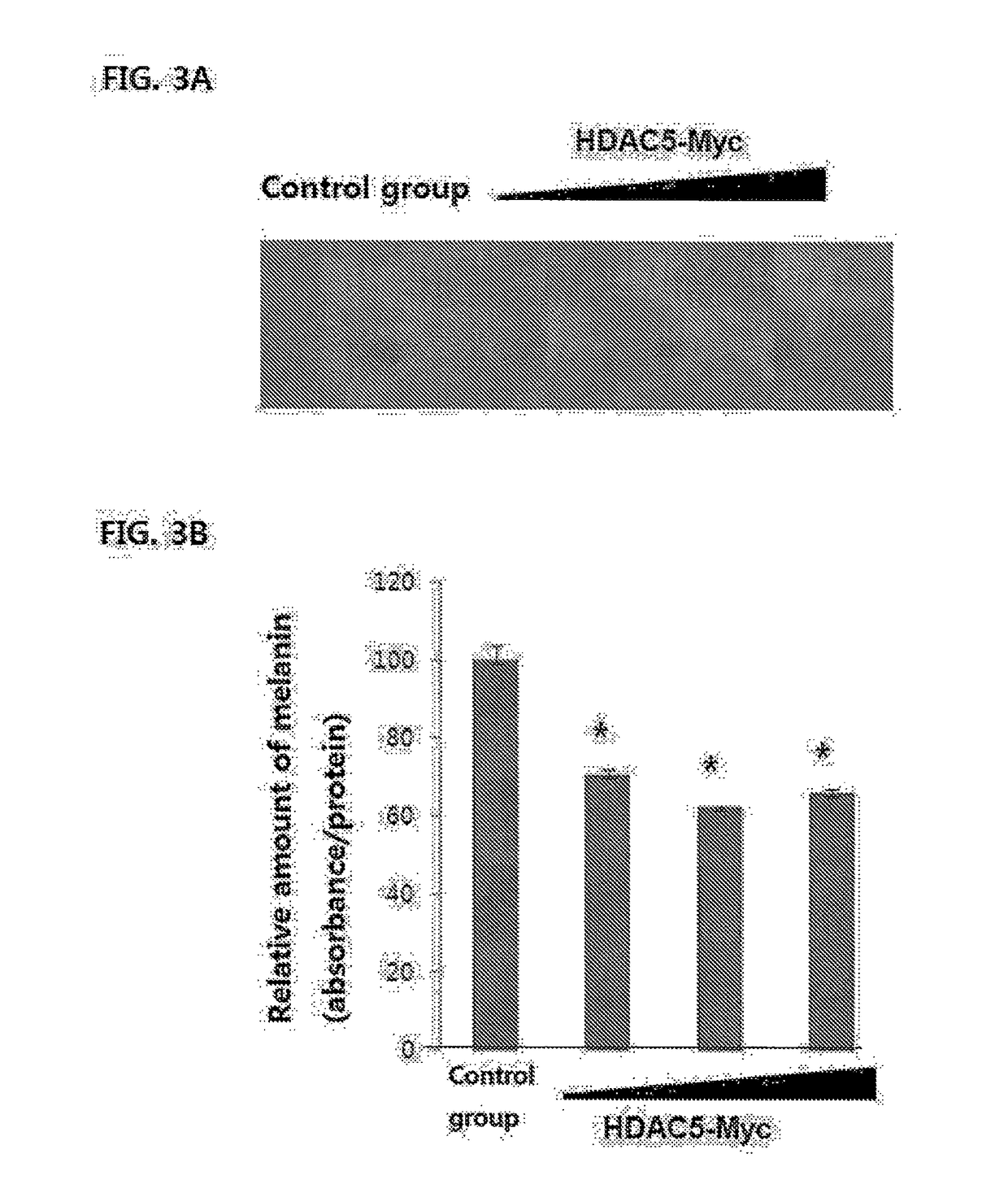Patents
Literature
Hiro is an intelligent assistant for R&D personnel, combined with Patent DNA, to facilitate innovative research.
32 results about "Melanopsin" patented technology
Efficacy Topic
Property
Owner
Technical Advancement
Application Domain
Technology Topic
Technology Field Word
Patent Country/Region
Patent Type
Patent Status
Application Year
Inventor
Melanopsin is a type of photopigment belonging to a larger family of light-sensitive retinal proteins called opsins and encoded by the gene Opn4. In the mammalian retina, there are two additional categories of opsins, both involved in the formation of visual images: rhodopsin and photopsin (types I, II, and III) in the rod and cone photoreceptor cells, respectively.
Compositions and methods for modulating blood-brain barrier transport
InactiveUS20070167365A1Receive treatment wellIncrease the amount addedNervous disorderPeptide/protein ingredientsActive agentLysosomal enzyme defect
This invention provides conjugates of therapeutic or active agents with melanotransferrin or with other ligands of a melanotransferrin receptor, melanotransferrin receptor modulators, and related compositions and methods for modulating blood-brain barrier transport by, providing methods of screening and selecting such conjugates, ligands, and modulators in vitro and in vivo, and methods of use of such conjugates, modulators and ligands in diagnosis and the treatment of diseases, including particularly diseases of the central nervous system or lysosomal storage diseases.
Owner:HORIZON ORPHAN LLC
Bio hue lamp
ActiveUS20180056027A1Suppresses melatonin productionImprove sleepingLight source combinationsElectrical apparatusHuman Circadian RhythmsPhosphor
The invention provides a three-channel lighting apparatus with the option to support the human circadian rhythm. By choosing especially the blue LED and green phosphor, the range of biological activity that can be changed is optimized. By adjustment of the LED spectra a bigger range in melanopsin effectiveness factor, at the same CCT range (from daylight like CCT down to dimmed halogen), can be obtained.
Owner:SIGNIFY HLDG BV
Apparatus, method, and system for providing tunable circadian lighting at constant perceived brightness and color
ActiveCN109479357AElectrical apparatusElectroluminescent light sourcesOphthalmologyVisual perception
ABSTRACT OF THE DISCLOSURE The newly discovered retinal ganglion cell photoreceptor melanopsin absent in the central fovea of the eye but distributed throughout the remaining human retinal body provides both non-visual biological / physiological input inducing circadian entrainment, and visual input affecting perceived brightness; this perceived brightness is not the object brightness commonly associated with luminance and perceived color of an object in central view, but the perception of brightness of a whole space or task background. Discussed are improvements to circadian lighting systems based on melanopsin stimulation whereby ambient and / or device background lighting may be temporally tuned over a range of prescribed color temperatures from a first subset of lighting having a higher melanopic content to a second subset of lighting having a lower melanopic content or vice versa in accordance with a desired circadian cycle, and in a manner where net light output is of a constant perceived brightness and color throughout temporal tuning.
Owner:MUSCO
Repertoire of allo-restricted peptide-specific t cell receptor sequences and use thereof
InactiveUS20170044233A1Effectively minimize immune selectionEasy to useImmunoglobulin superfamilyImmunological disordersDiseaseTyrosinase
The present invention is directed to a kit-of-parts or composition containing nucleic acid sequences coding for high-avidity, allo-restricted TCR, wherein the TCR are independently directed against the tyrosinase antigen, the melan-A antigen and the survivin antigen. The invention is further directed to a kit-of-parts or composition containing at least three groups of transgenic lymphocytes transformed with vectors coding for TCR against said antigens. Furthermore, the present invention provides a pharmaceutical composition and its use in the treatment of diseases involving malignant cells expressing said tumor-associated antigens. The invention further relates to a nucleic acid molecule coding for a TCR that recognizes the survivin antigen, a TCR encoded thereby and a T cell expressing said TCR. Further, the invention discloses a vector, a cell and a pharmaceutical composition encoding / containing same and their use in the treatment of diseases involving malignant cells expressing survivin.
Owner:HELMHOLTZ ZENT MUENCHEN DEUT FORSCHUNGSZENTRUM FUER GESUNDHEIT & UMWELT GMBH +1
Bio hue lamp
ActiveUS10434280B2Suppresses melatonin productionImprove sleepingLight source combinationsElectrical apparatusHuman Circadian RhythmsLight equipment
The invention provides a three-channel lighting apparatus with the option to support the human circadian rhythm. By choosing especially the blue LED and green phosphor, the range of biological activity that can be changed is optimized. By adjustment of the LED spectra a bigger range in melanopsin effectiveness factor, at the same CCT range (from daylight like CCT down to dimmed halogen), can be obtained.
Owner:SIGNIFY HLDG BV
Light reflex testing device
A calorimetric pupil light reflex testing device for diagnostic assessment of the ocular and central nervous system diseases based on melanopsin and non-melanopsin spectral light properties. The device employs blue and red light emitting diodes emitting light at wavelengths of approximately 472 nanometers and 630 respectively to elicit pupillary constriction. The light emitting diodes are each provided within a handheld light wand, allowing the light emitting diodes to be hand held. The light emitting diodes provide intense light and the predetermined wavelengths, thereby eliminating the necessity of a light meter or colored filter.
Owner:BIOMET VISION TECH L C
Temporally Modulated Multi-LED for Enhanced Subconscious Physiological Responses
ActiveUS20180021593A1Reduce photoreceptor adaptationStrong non-image-forming responseLight therapyMelanopsinContrast ratio
A light source and a method of generating a light using the light source is disclosed. The light source is configured to produce a plurality of distinct colors in generating the light, one of the distinct colors falling within a blue spectral light band. A light controller modulates the spectral light produced by the plurality of distinct colors. The modulation provides melanopsin contrast in order to increase melanopsin responsiveness of a subject exposed to the generated light and maintains the color temperature, color quality, and color constancy experienced by the subject in a lit viewing environment within an acceptable range.
Owner:RGT UNIV OF MICHIGAN
Light-Sensitive Chimeric GPCR Protein
ActiveUS20140171376A1Increase signal differenceHigh light sensitivityPolypeptide with localisation/targeting motifSenses disorderIntracellular signaling cascadeIntracellular signalling
A light-sensitive chimeric protein comprising domains from at least two members of the G-protein-coupled-receptor (GPCR) protein super family, which are fused to yield a light-sensitive GPCR chimera capable of coupling a light signal to the signaling cascade of the metabotropic glutamate receptor 6 (mGluR6) is provided for medical therapy and for the manufacture of medicaments for improving vision, in particular for treating loss of vision resulting from retinal photoreceptor degeneration. A first of the at least two GPCR family members contributes domains which mediate the light-sensitivity to the chimeric light-sensitive GPCR protein. This first member belongs to the family of light-sensitive GPCR proteins also called photopigments, and in some embodiments this light-sensitive GPCR protein is melanopsin, in particular human melanopsin. A second of the at least two GPCR family members is mGluR6, which contributes domains for coupling the light signal to the intracellular signalling cascade of mGluR6, which is a native component of the cell membrane of ON-bipolar cells in the inner retina.
Owner:NOVARTIS AG
TGFP-CAP peptide and its uses
ActiveUS8969296B2High stability and skin penetration potentialExcellent physiological activity and stabilityCosmetic preparationsSenses disorderCell adhesionAnti angiogenic
The present invention relates to a GFP-CAP peptide having an amino acid sequence derived from TGF-β1 (transforming growth factor-β1) and a cell adhesion sequence, wherein the amino acid sequence derived from TGF-β1 consists of the amino acid sequence of SEQ ID NO:1 and the TGFP-CAP peptide is represented by the following formula I: Ile-Trp-Ser-Leu-Asp-Thr-Gln-Tyr-Cell adhesion sequence (I). The TGFP-CAP peptide of the present invention exhibits excellent anti-angiogenic activity. In addition, the TGFP-CAP peptide of the present invention prevents effectively melanin generation in skin to have skin whitening effects. The present peptide shows much higher stability and permeability to skin than natural-occurring TGF-β1. Such plausible activities and safety of the present peptide enable advantageously to application to drugs, quasi-drugs and cosmetics.
Owner:CAREGEN
Light reflex testing device
A calorimetric pupil light reflex testing device for diagnostic assessment of the ocular and central nervous system diseases based on melanopsin and non-melanopsin spectral light properties. The device employs blue and red light emitting diodes emitting light at wavelengths of approximately 472 nanometers and 630 respectively to elicit pupillary constriction. The light emitting diodes are each provided within a handheld light wand, allowing the light emitting diodes to be hand held. The light emitting diodes provide intense light and the predetermined wavelengths, thereby eliminating the necessity of a light meter or colored filter.
Owner:BIOMET VISION TECH L C
Peptide having efficacy for remedying hypopigmentation and inhibiting adipogenesis, and use of same
ActiveUS20170051014A1High expressionIncreasing melanogenesisPeptide/protein ingredientsPeptidesHypopigmentationPhosphorylation
A peptide formed from the amino acid sequence of SEQ ID NO: 1 or SEQ ID NO: 2, according to the present invention, shows a melanogenesis increment activity and an adipogenesis inhibitory activity. A peptide of the present invention, by increasing phosphorylation of MITF, which is a transcription factor for increasing a tyrosinase expression, and CREB for increasing an MITF expression, consequently increases a tyrosinase expression and ultimately increases melanin synthesis. A peptide of the present invention, by reducing the amount of fat accumulated inside a cell and reducing expressions of perilipin and PPARγ, which contribute to adipogenic mechanism, ultimately inhibits adipogenesis. The present invention provides a composition for remedying or treating melanin hypopigmentation, the composition comprising the peptide, and provides pharmaceutical composition for treating or preventing obesity.
Owner:CAREGEN
Near infrared fluorogen and fluorescent activating proteins for in vivo imaging and live-cell biosensing
ActiveUS20140243509A1Low water solubilityIncrease brightnessMethine/polymethine dyesSugar derivativesWhole OrganismFar-red
Tissue slices and whole organisms offer substantial challenges to fluorescence imaging. Autofluorescence and absorption via intrinsic chromophores, such as flavins, melanin, and hemoglobins, confound and degrade output from all fluorescent tags. An “optical window,” farther red than most autofluorescence sources and in a region of low hemoglobin and water absorbance, lies between 650 and 900 nm. This valley of relative optical clarity is an attractive target for fluorescence-based studies within tissues, intact organs, and living organisms. Novel fluorescent tags were developed herein, based upon a genetically targeted fluorogen activating protein and cognate fluorogenic dye that yields emission with a peak at 733 nm exclusively when complexed as a “fluoromodule”. This tool improves substantially over previously described far-red / NIR fluorescent proteins in terms of brightness, wavelength, and flexibility by leveraging the flexibility of synthetic chemistry to produce novel chromophores.
Owner:CARNEGIE MELLON UNIV
Botrytis cinerea mutant strain [delta]bcscd1 capable of producing scytalone and construction method thereof
The invention belongs to the field of biological technology. The wild-type cinerea cinerea strain is used as the background strain to knock out the gene of a key enzyme cylindroxone dehydratase in the melanin synthesis pathway, and construct a gene deletion mutation of the cinerea cinerea capable of producing a large amount of cylindroxone The main steps of the strain Δbcscd1 are as follows: use fusion PCR technology to fuse the 5'-UTR and 3'-UTR of the target gene bcscd1 with the upstream and downstream coding regions of the hygromycin fragment Hph to obtain the upstream and downstream fusion fragments, and use PEG-mediated The protoplast transformation method was used to transform the fusion fragment into wild-type protoplasts for double-crossover homologous recombination, and the gene deletion mutant strain Δbcscd1 was obtained through screening and identification. The gene deletion mutant strain constructed by the method of the invention has high genetic stability and low toxicity. The present invention also proposes a method for specifically purifying cylindroporin through steps such as extraction, rotary steaming and column chromatography.
Owner:EAST CHINA NORMAL UNIV
Peptide and preparation method and application thereof
ActiveCN108948151AGood water solubilityImprove stabilityCosmetic preparationsToilet preparationsPeptide displayNucleotide
The invention relates to a peptide and a preparation method and application thereof. The peptide comprises a sequence as shown in SEQ ID No.1 or a sequence, where one or more amino acids are substituted, deleted, inserted and / added in the sequence as shown in SEQ ID No.1. The peptide displays activity of inhibiting melanoblast or melanogenesis or activity of whitening. The invention also providesa nucleotide sequence which encodes the peptide, a carrier containing the nucleotide sequence and a host comprising the vector. The peptide is similar to the amino acid sequence of MSH-alpha, and canbe prepared on a large scale by means of a biofermenting method, so that the peptide can be used for the whitening cosmetic industry.
Owner:SHANXI JINBO BIO PHARMA CO LTD
Gene encoding b protein
InactiveUS20030175962A1Inhibit melanin productionCosmetic preparationsSugar derivativesMouse ProteinGene
An objective of this invention is to identify and provide a gene encoding medaka protein B. An additional objective of the present invention is to provide human and murine homologues of the gene. To achieve the above mentioned objectives, the inventors performed positional cloning on the B gene. The gene encoding medaka protein B was successfully isolated, and the present invention has come to completion. Accordingly, in accordance with the invention, there are provided a nucleic acid encoding medaka protein B and those encoding homologues thereof. According to another aspect of the invention, there are provided a nucleic acid listed in Seq. No. 1 that encodes medaka protein B and a nucleic acid listed in Seq. No. 3 that encodes mouse protein B / AIM-1. According to the invention, there is provided a method of suppressing melanin production characterized in that expression of the gene encoding protein B is suppressed.
Owner:THE UNIV OF TOKYO
Methods, systems, and apparatus for reducing the frequency and/or severity of photophobic responses or for modulating circadian cycles
An optical filter may reduce the frequency and / or severity of photophobic responses or for modulating circadian cycles by controlling light exposure to cells in the human eye in certain wavelengths, such as 480nm and 590nm, and a visual spectral response of the human eye. The optical filter may disrupt the isomerization of melanopsin in the human eye reducing the availability of the active isoform, whereas the attenuation of light weighted across the action potential spectrum of the active isoform attenuates the phototransduction cascade leading to photophobic responses. Embodiments of an optical filter are described. In one embodiment an optical filter may be configured to transmit less than a first amount of light in certain wavelengths, and to transmit more than a second amount of lightweighted across the visual spectral response. Methods of use and methods of manufacturing optical filters are also described.
Owner:UNIV OF UTAH RES FOUND
Treatment of eye disease
InactiveUS20160324921A1Enhanced transductionPeptide/protein ingredientsPharmaceutical delivery mechanismAdeno associate virusNucleotide sequencing
A method of treating an eye disease comprising administering an adeno-associated virus (AAV) vector to a mammalian subject by subretinal injection, wherein the AAV vector comprises a nucleotide sequence encoding melanopsin operably linked to an expression control sequence to promote expression of melanopsin in cells of the eye of the subject.
Owner:OXFORD UNIV INNOVATION LTD
Light melanopic activity indicator
ActiveUS11118963B2Easy to detectEasy assessment processPhotometry using reference valueLight reflectionWavelength range
The invention provides a light indicator (100) for use in evaluating a quantity of melanopsin active radiation, the light indicator (100) comprising a light indicator element (110) comprising a sensing area (111), wherein the light indicator element (110) comprises a light reflecting element (120) configured to reflect at least part of light illuminating the sensing area (111) having one or more wavelengths selected from the wavelength range of an absorption band of melanopsin in the visible wavelength range and configured to absorb at least part of light illuminating the sensing area (111) having one or more wavelengths in the visible wavelength range outside the wavelength range of the absorption band of melanopsin in the visible wavelength range; and a non-sensing area (130) configured adjacent to the sensing area (111), wherein the non-sensing area (130) has an achromatic color having a lightness in the range corresponding to the lightness of shades of gray.
Owner:SIGNIFY HLDG BV
Sirna molecule for inhibiting growth of melanin and application thereof
ActiveUS20140336371A1Inhibit melanin productionRegulating production of melaninCosmetic preparationsSugar derivativesMicrophthalmiaSense strand
Provided is a double-chain siRNA molecule targeting a microphthalmia-associated transcription factor MITF coding gene. A sense strand of the siRNA molecule has a sequence of SEQ ID NO: 3 and an anti-sense strand has a sequence of SEQ ID NO: 4, and the anti-sense strand specifically binds to mRNA of the MITF coding gene, to degrade the mRNA, thereby reducing the systhesis of melanin. Further provided is an application of the siRNA molecule in freckle whitening cosmetics or the preparation of medicines for treatment of diseases related to melanin gene.
Owner:JIANGSU GENECON BIOLOGICAL TECH
Tissue-engineered epidermis quality detection method
InactiveCN105132520AMonitor qualityMaterial analysis by observing effect on chemical indicatorMicrobiological testing/measurementCuticleMelanoblast
The invention provides a tissue-engineered epidermis detection method. The tissue-engineered epidermis detection method includes melanocyte and keratinocyte detection, sterile detection, mycoplasma detection and endotoxin detection. By means of staining of cell nucleuses of melanocytes and keratinocytes, distribution of the melanocytes and the keratinocytes can be seen, so that melanocyte uniformity, skin graft uniformity and a proportion of the melanocytes and the keratinocytes on a basal layer can be seen; biosafety of tissue-engineered epidermis is detected by sterile detection, mycoplasma detection, endotoxin detection and the like. Thus, the tissue-engineered epidermis detection method can be used for detecting whether content of the melanocytes on the basal layer, skin graft uniformity and biosafety of the tissue-engineered epidermis reach the standards or not objectively, comprehensively and accurately.
Owner:赫柏慧康生物科技无锡有限公司 +1
Temporally modulated multi-LED for enhanced subconscious physiological responses
ActiveUS11285337B2Shorten the adaptation processStrong responseLight therapyMelanopsinContrast ratio
A light source and a method of generating a light using the light source is disclosed. The light source is configured to produce a plurality of distinct colors in generating the light, one of the distinct colors falling within a blue spectral light band. A light controller modulates the spectral light produced by the plurality of distinct colors. The modulation provides melanopsin contrast in order to increase melanopsin responsiveness of a subject exposed to the generated light and maintains the color temperature, color quality, and color constancy experienced by the subject in a lit viewing environment within an acceptable range.
Owner:RGT UNIV OF MICHIGAN
Light therapy systems and methods
A light therapy system (12) for delivering a controllable amount of melanopsin light includes a lighting assembly (16) for producing a light output (68) having a controllable illuminance and color temperature. Based on the received target melanopsin illumination, the controller (24) of the system constructs a suitable control schedule (71) for controlling the parameter level of the lighting assembly over time such that during the defined treatment period The indicated amount of target melanopsin illumination is delivered in total in (78). The relative melanopsin sensitivity of humans to light of different color temperatures is considered when constructing the control schedule. The color temperature of the delivered light is controlled accordingly so that after adjustments are made for the color, the amount of light delivered meets the input exposure target.
Owner:KONINKLJIJKE PHILIPS NV
Methods For Weight Treatment in Animals Utilizing Narrow Spectrum Light
Methods of weight treatment in animals are presented including: stimulating a retinal ganglia of the animal by an exposure to a narrow spectrum light. In some embodiments, the stimulating the retinal ganglia of the animal is associated with a stimulation of melanopsin. In some embodiments, the stimulation of melanopsin is associated with a inhibition of melatonin secretion. In some embodiments, inhibition of melatonin secretion is associated with a stimulation of leptin secretion. In some embodiments, the stimulation of leptin secretion is associated with a decrease in appetite in the animal. In some embodiments, the exposure to the narrow spectrum light is associated with a weight loss in the animal. In some embodiments, the narrow spectrum light is in a spectrum range of approximately 435 to 520 nanometers.
Owner:RYAN MICHAEL
Treatment of eye disease
InactiveUS20180042992A1Enhanced transductionPeptide/protein ingredientsPharmaceutical delivery mechanismAdeno associate virusNucleotide sequencing
A method of treating an eye disease comprising administering an adeno-associated virus (AAV) vector to a mammalian subject by subretinal injection, wherein the AAV vector comprises a nucleotide sequence encoding melanopsin operably linked to an expression control sequence to promote expression of melanopsin in cells of the eye of the subject.
Owner:OXFORD UNIV INNOVATION LTD
Melanopsin stimulation using neurally primed content
InactiveUS20190105461A1Easy to useHigh energyPicture reproducers using cathode ray tubesMedical devicesDisplay deviceLogical representation
Systems and methods are disclosed for creating high dynamic range (HDR) Neurally Primed Content (NPC) for stimulating a content viewer's melanopsin vision system (MVS), based on standard content, for viewing on a high dynamic range (HDR) display. The color and brightness information of a piece of standard content are analyzed. Based on the analysis, a color lookup table (CLUT) is created for use in converting the standard content color and brightness information to a higher bit depth representation of the color and brightness information. Using the CLUT and the standard content, a high dynamic range (HDR) logical representation of the content is creating having the higher bit depth. Finally, an NPC physical color representation of the higher bit depth HDR logical representation of the content is created for viewing on an HDR display.
Owner:BANAI IDO
Light-sensitive chimeric GPCR protein
ActiveUS10112984B2Fast recoveryIncreased sensitivityPolypeptide with localisation/targeting motifSenses disorderIntracellular signaling cascadePhotopigment
A light-sensitive chimeric protein includes domains from at least two members of the G-protein-coupled-receptor (GPCR) protein super family, which are fused to yield a light-sensitive GPCR chimera capable of coupling a light signal to the signaling cascade of the metabotropic glutamate receptor 6 (mGluR6) is provided for medical therapy and pharmaceuticals for treating loss of vision, in particular resulting from retinal photoreceptor degeneration. A first GPCR family member contributes domains which mediate the light-sensitivity to the chimeric light-sensitive GPCR protein and belongs to the family of light-sensitive GPCR proteins also called photopigments. In some cases, the GPCR protein is melanopsin, in particular human melanopsin. A second of the at least two GPCR family members is mGluR6, which contributes domains for coupling the light signal to the intracellular signaling cascade of mGluR6, which is a native component of the cell membrane of ON-bipolar cells in the inner retina.
Owner:NOVARTIS AG
Light environment test analyzer
ActiveCN112556845AImprove scalabilityThe result is accuratePhotometry using reference valueSpectrum investigationOptical radiationEngineering
The invention belongs to the technical field of optical radiation measurement, and particularly relates to a light environment test analyzer. The test analyzer comprises a light receiving module, a rhythm effect intensity analysis module, a spatial apparent brightness evaluation module, a directional positioning measurement module and a man-machine interaction module. Light radiation irradiates the light receiving module to obtain test light radiation, and the rhythm effect intensity analysis module calculates to obtain an equivalent visual melanin lux value index, and the spatial visual brightness evaluation module calculates to obtain a spatial visual brightness evaluation index; a test mode is selected through a control panel of the man-machine interaction module, a test state is started or quitted, test data is called or deleted, and a measurement result and the storage device can be transmitted through Bluetooth. Based on the photosensitive characteristic of human eye melanin protein, the rhythm effect intensity with direction or angle information can be directly measured, the accuracy of the measurement result is high, and the instrument is convenient and intuitive to operateand convenient to popularize.
Owner:FUDAN UNIV
Lighting system with reduced melanopsin spectral content
ActiveCN110024141BReduce melanopsin contentElectric circuit arrangementsSolid-state devicesDriving currentControl system
The disclosed light emitting devices can provide white light with a cyan break consistent with the melanopsin sensitivity range, and thus have reduced melanopsin content. The disclosed light emitting devices can include a light source that provides violet or blue light having a peak wavelength less than 450 nanometers (nm). The disclosed light emitting device may include at least one down-converter coupled to and downstream of the light source and configured with a long wavelength onset to convert the spectrum of violet or blue light to generate light at 447- White light having a spectral power content in the wavelength range of 531 nm less than or equal to 10% of the total spectral power content in the wavelength range of 380‑780 nm. The disclosed light emitting device can be incorporated into a light engine system that also includes a control system that controls drive current to the light emitting device.
Owner:LUMILEDS
Method for skin whitening using chemokine
ActiveUS10045926B2Reduce hyperpigmentationCosmetic preparationsPeptide/protein ingredientsMelanocyteMelanopsin
Owner:AMOREPACIFIC CORP
Skin whitening composition containing chemokine
ActiveUS20170209358A1Reduce hyperpigmentationCosmetic preparationsPeptide/protein ingredientsMelanocyteMelanopsin
Owner:AMOREPACIFIC CORP
Features
- R&D
- Intellectual Property
- Life Sciences
- Materials
- Tech Scout
Why Patsnap Eureka
- Unparalleled Data Quality
- Higher Quality Content
- 60% Fewer Hallucinations
Social media
Patsnap Eureka Blog
Learn More Browse by: Latest US Patents, China's latest patents, Technical Efficacy Thesaurus, Application Domain, Technology Topic, Popular Technical Reports.
© 2025 PatSnap. All rights reserved.Legal|Privacy policy|Modern Slavery Act Transparency Statement|Sitemap|About US| Contact US: help@patsnap.com
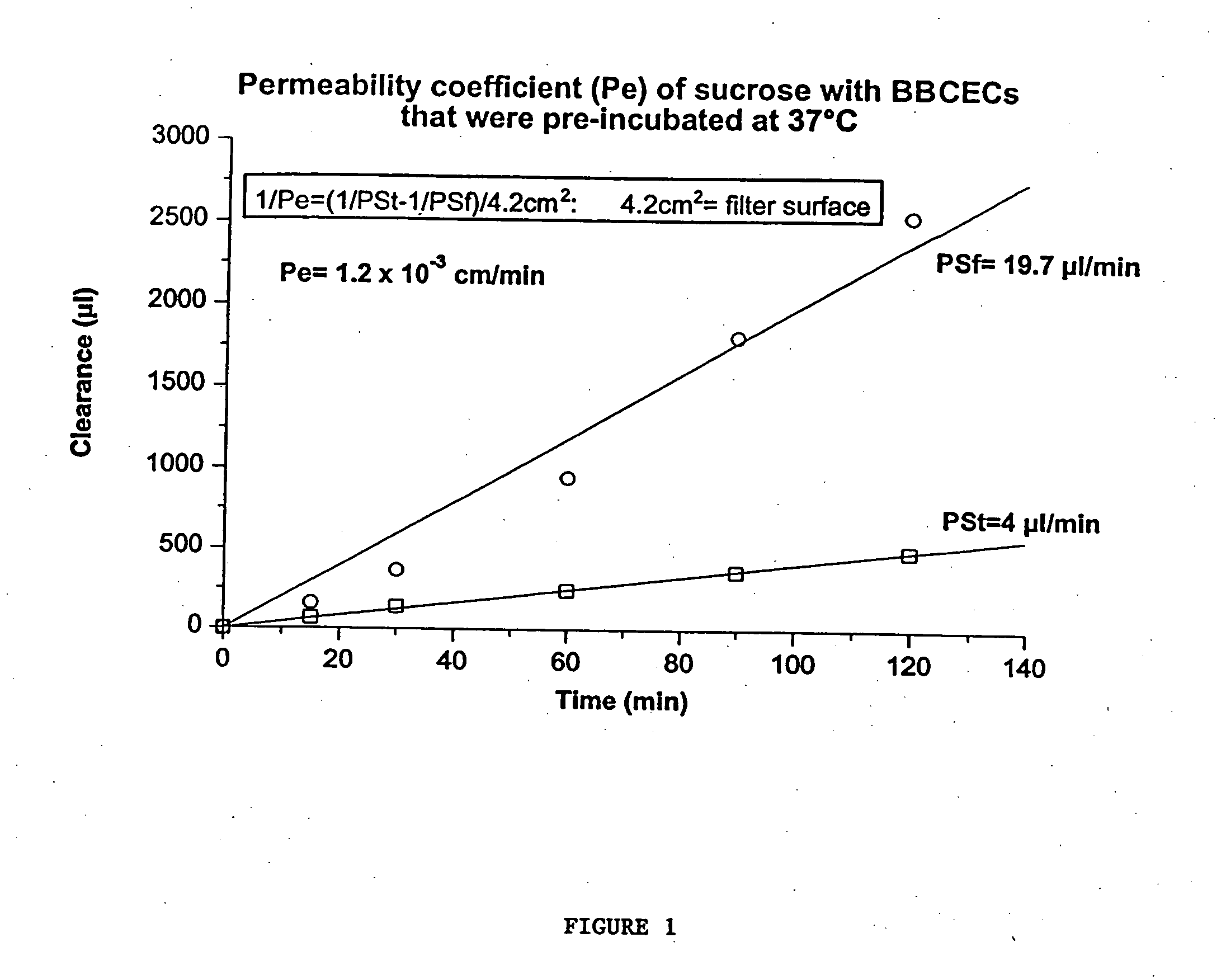
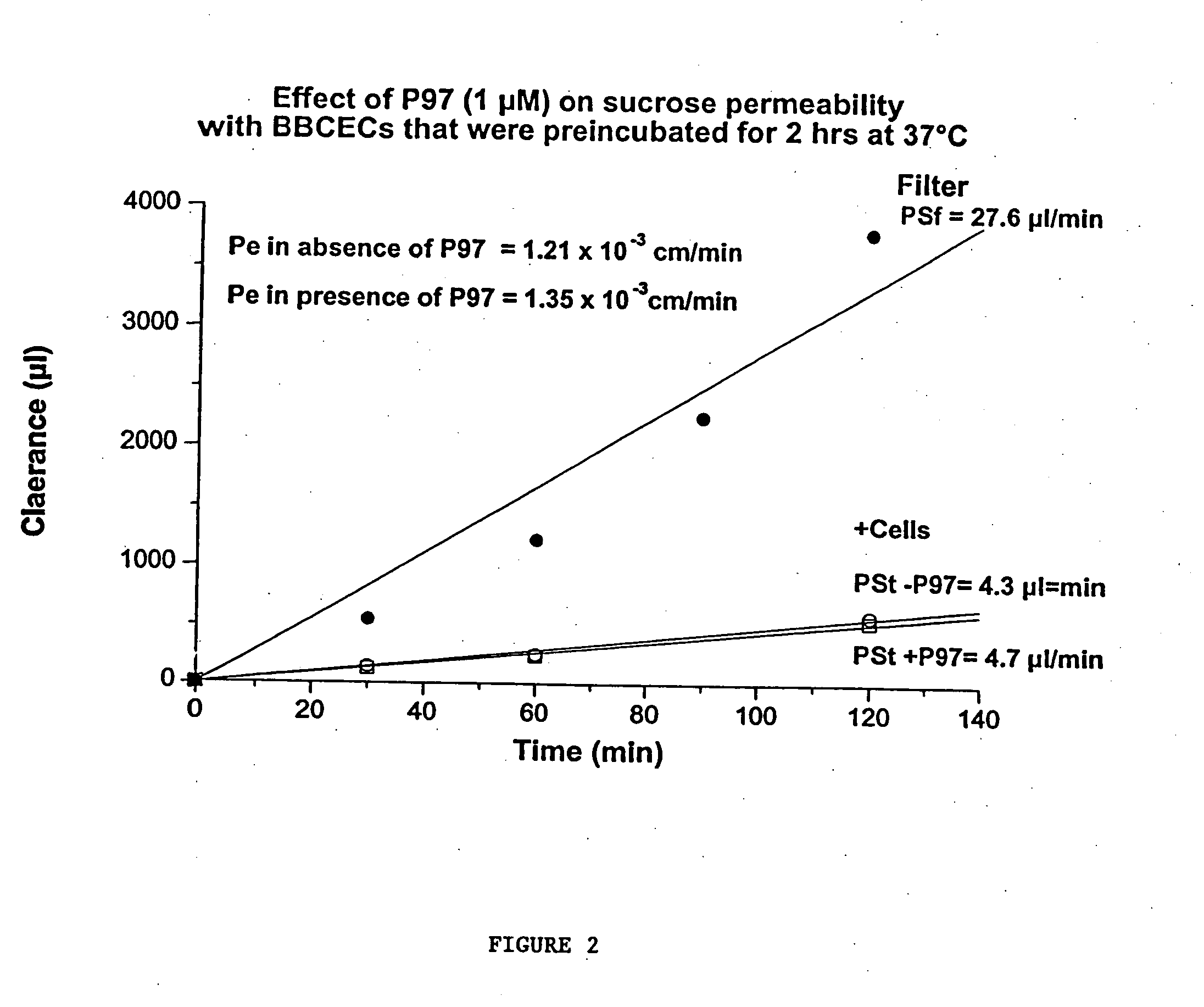
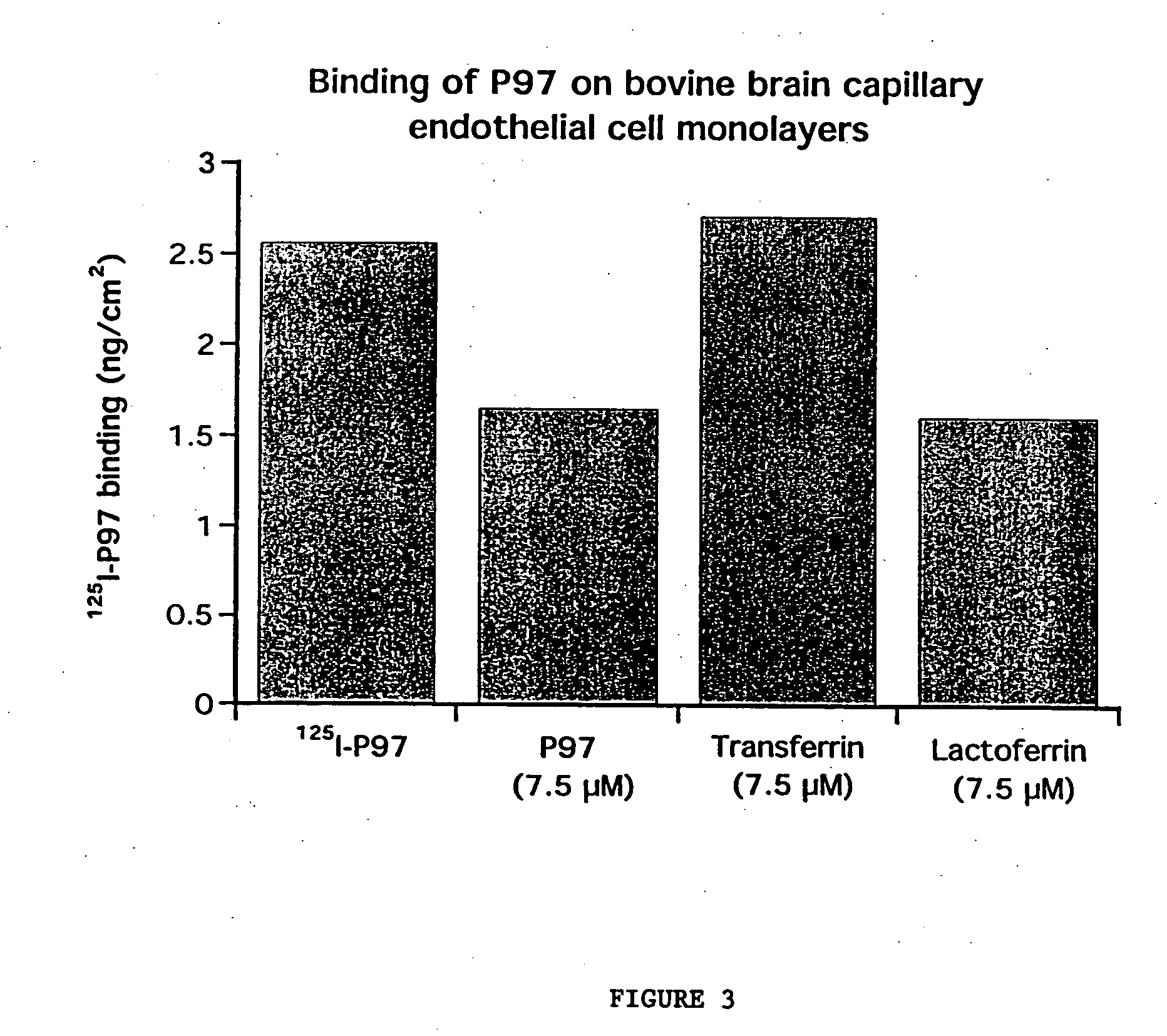
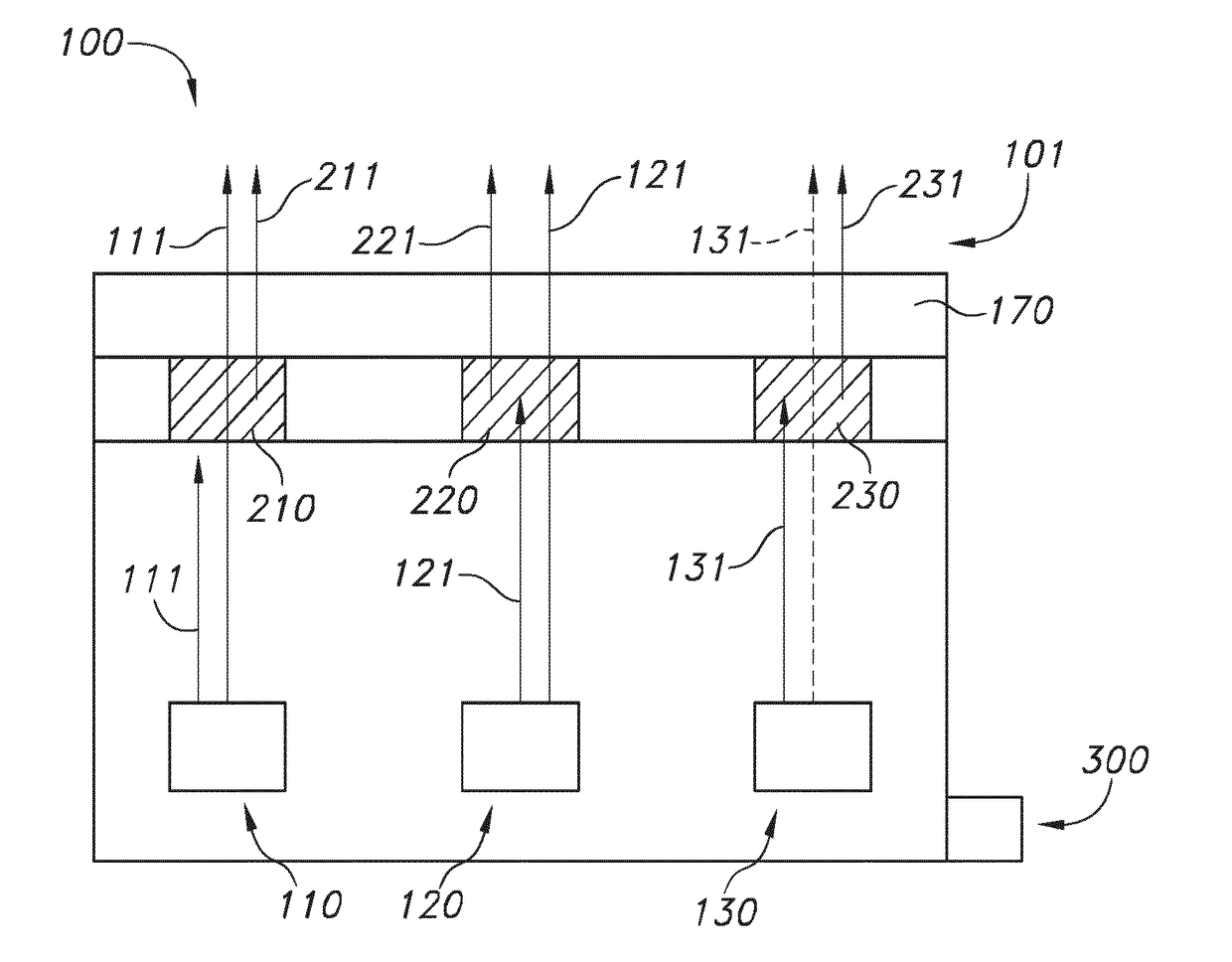
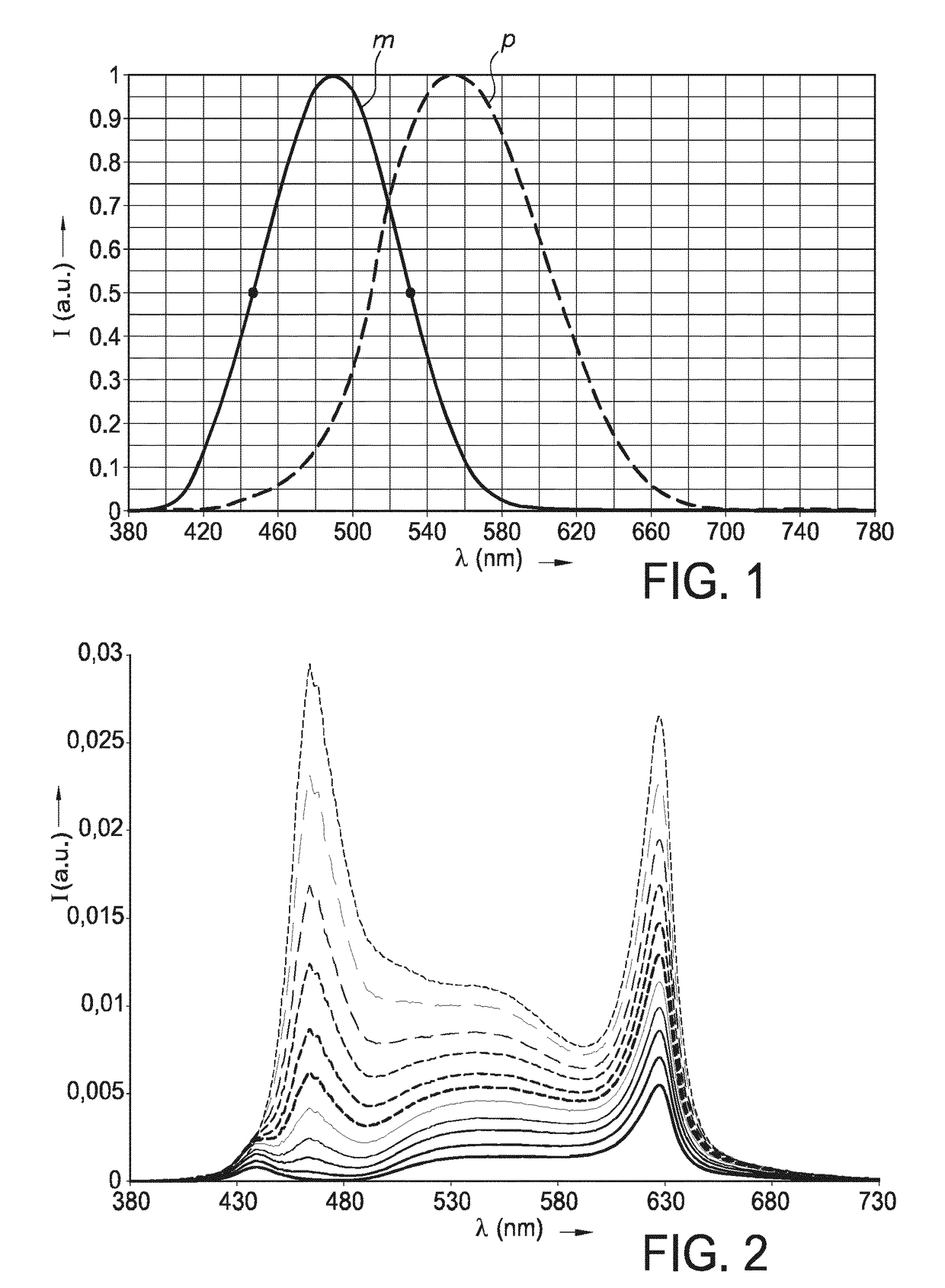
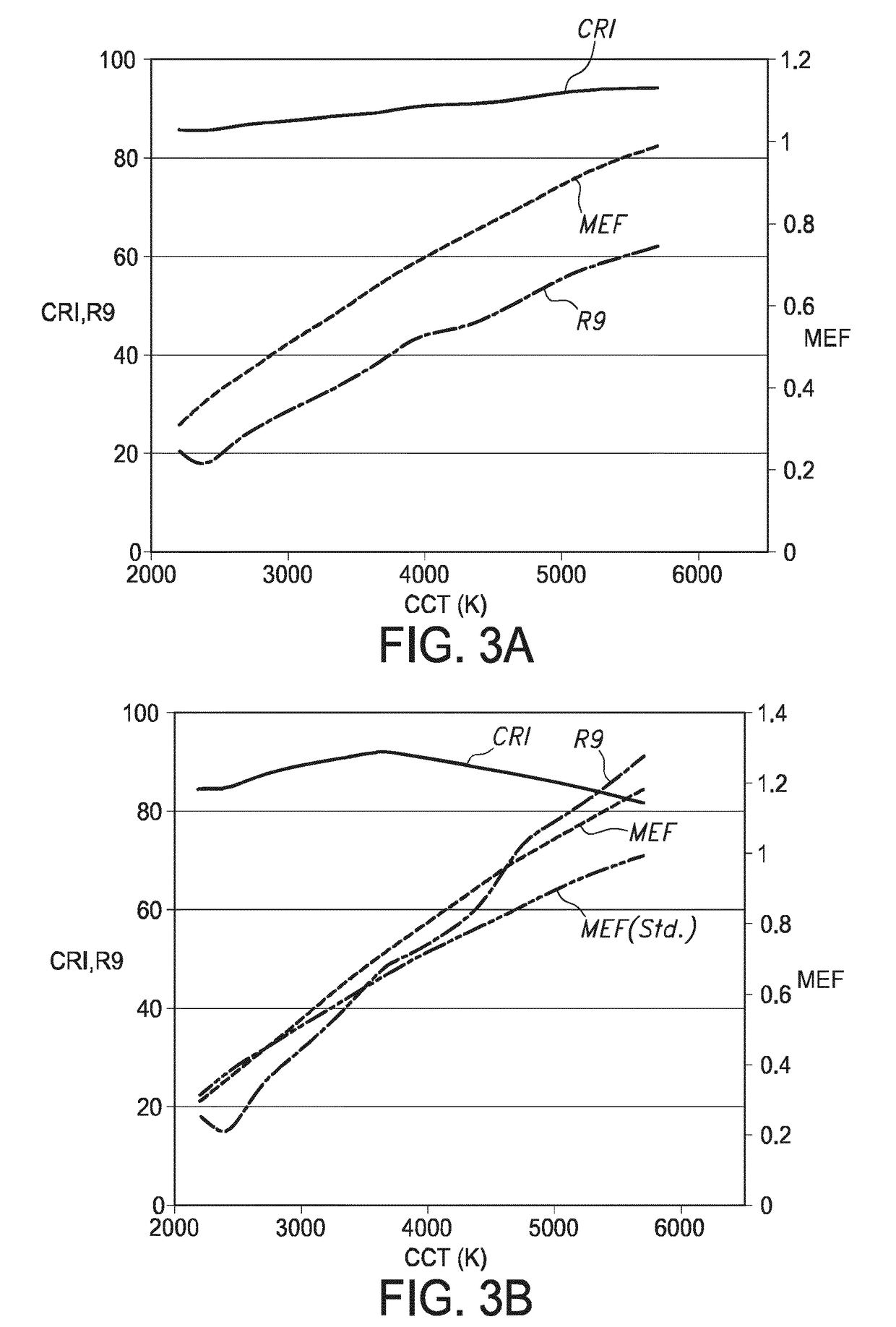

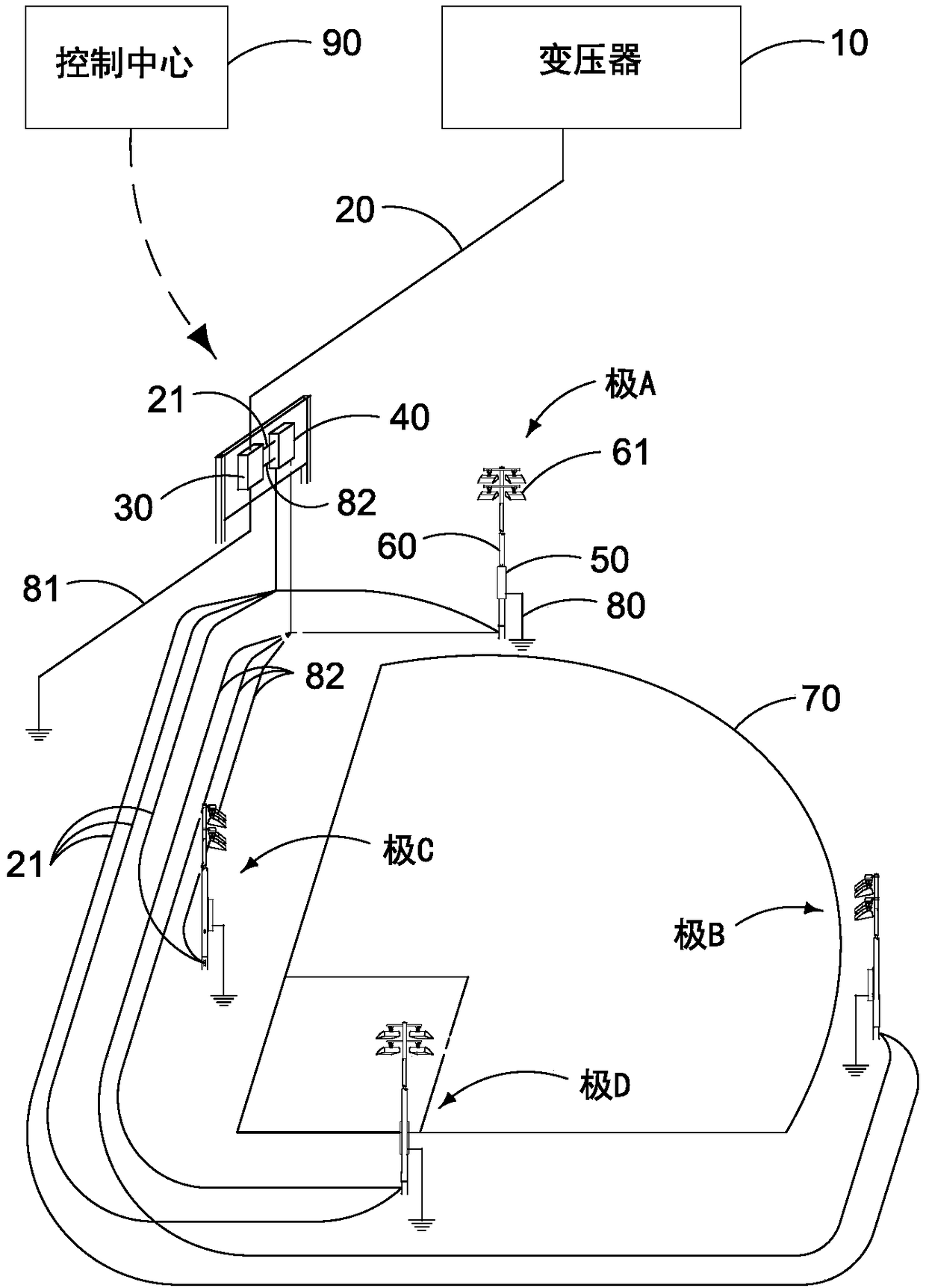
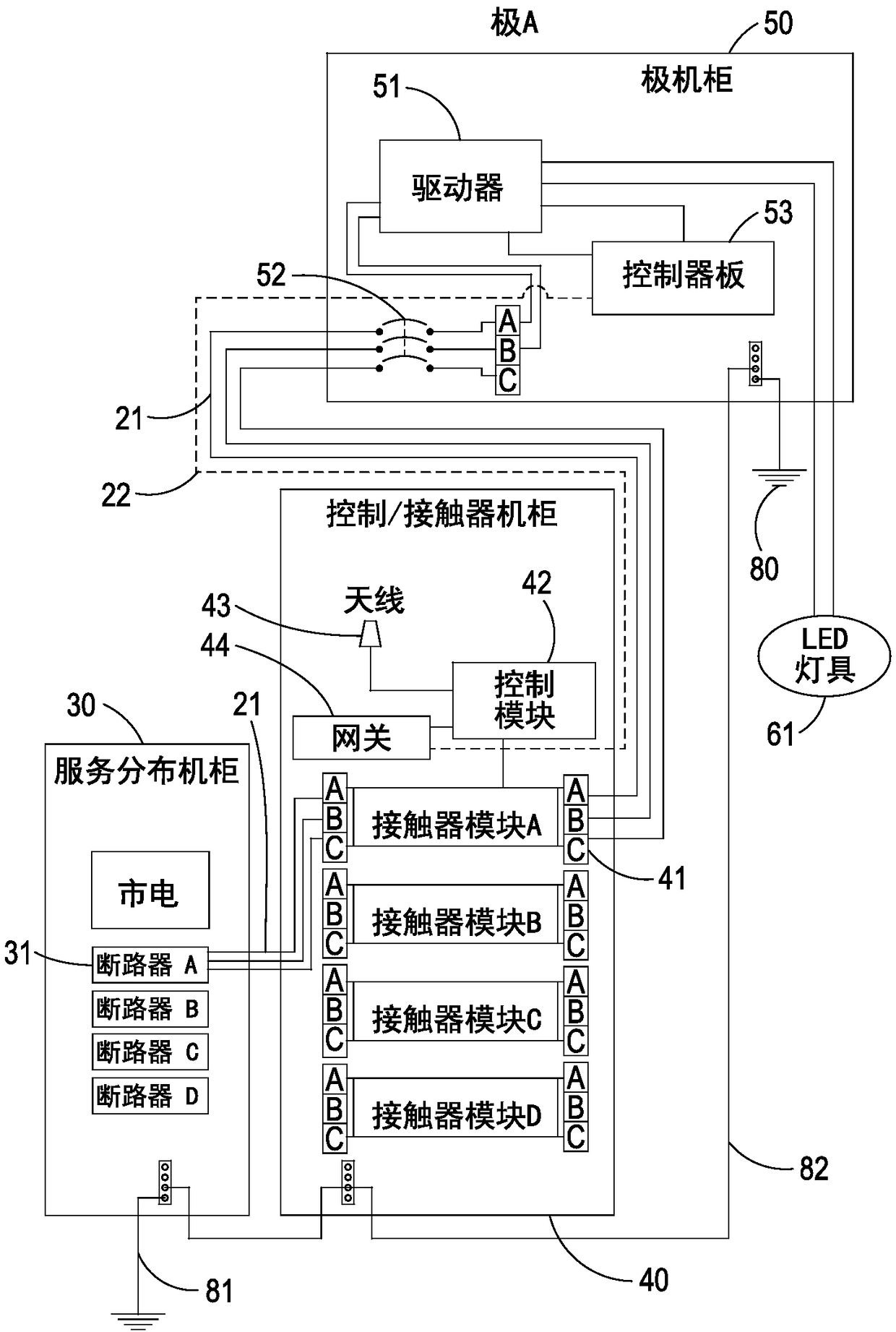
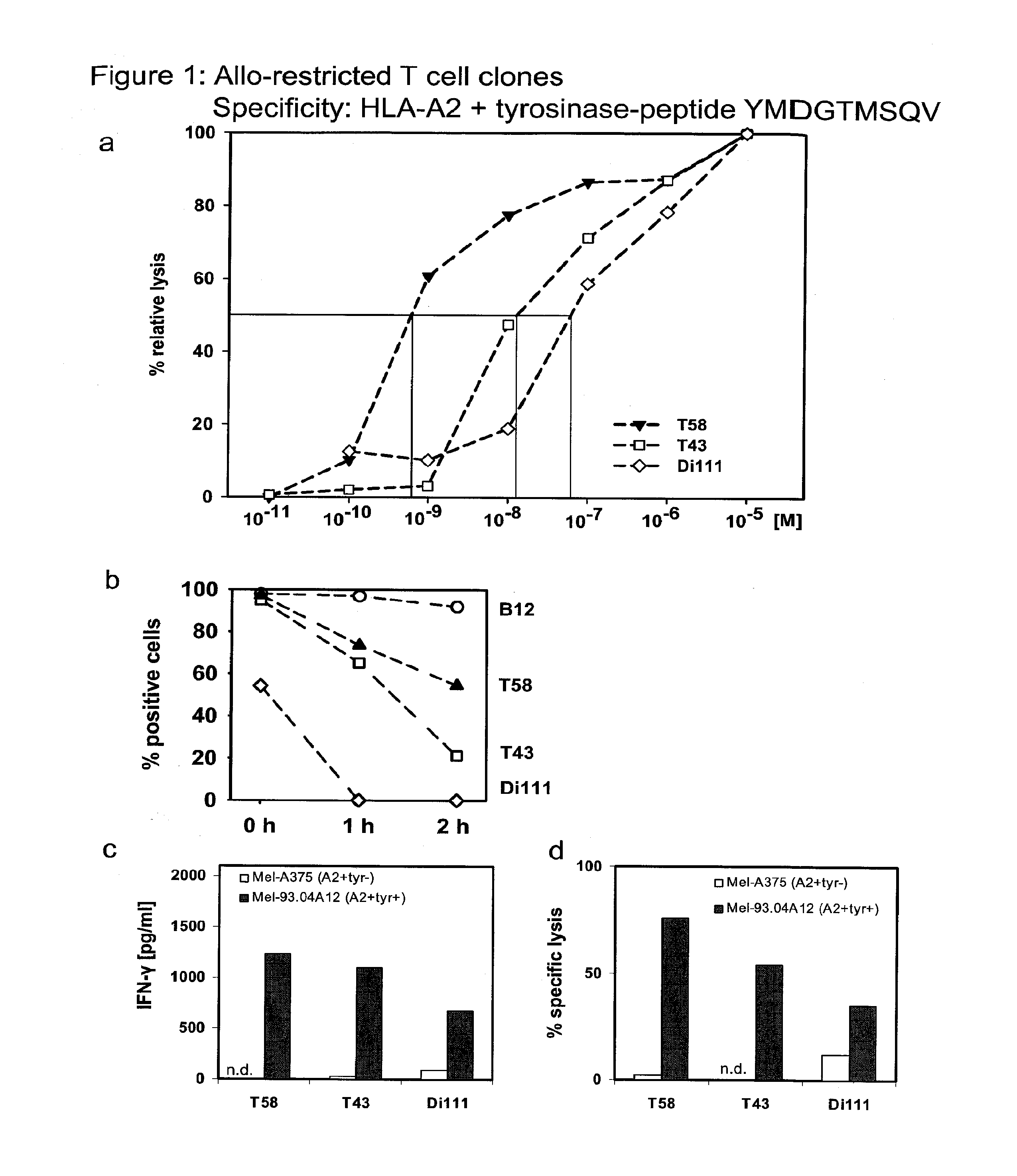
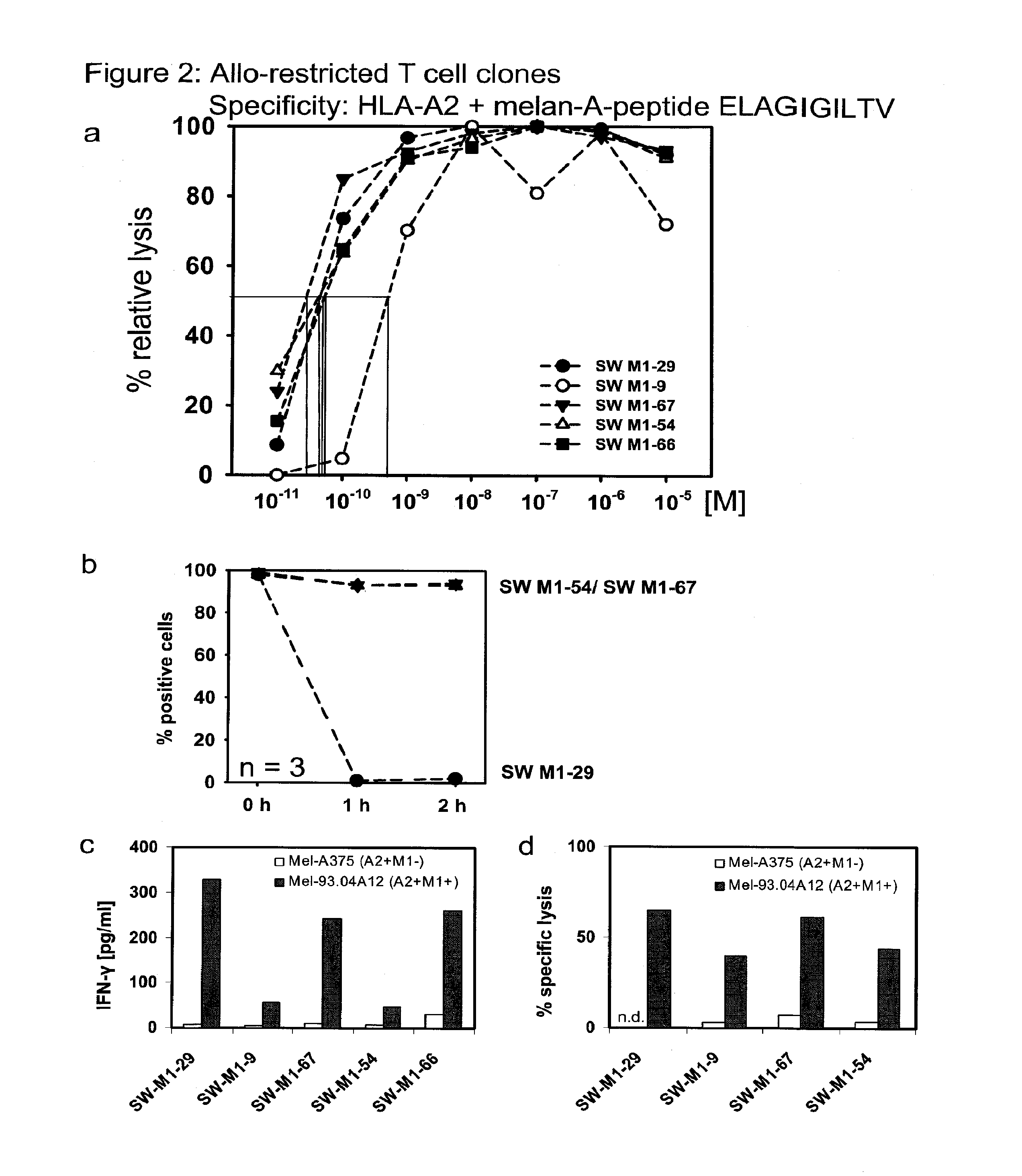

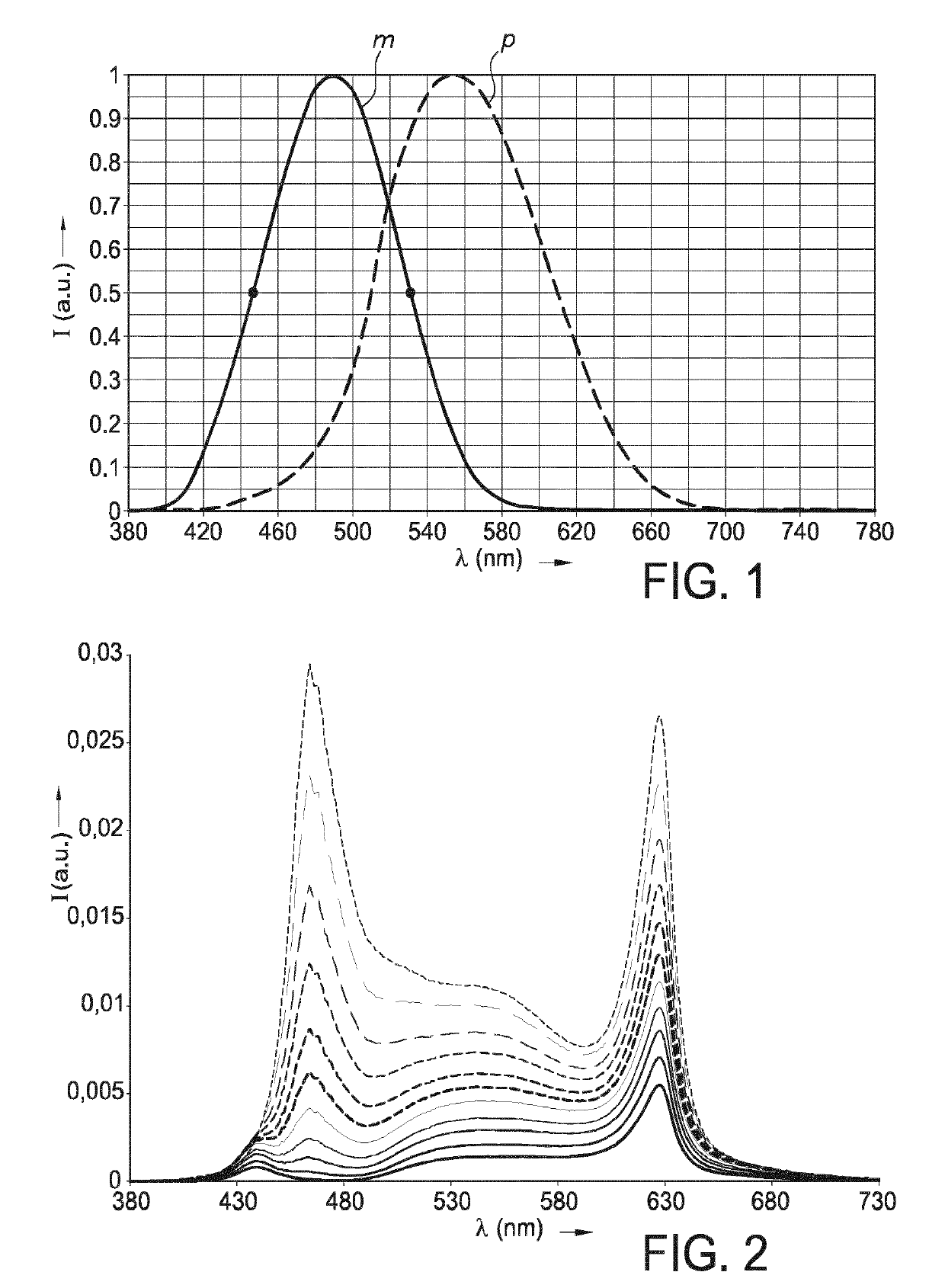




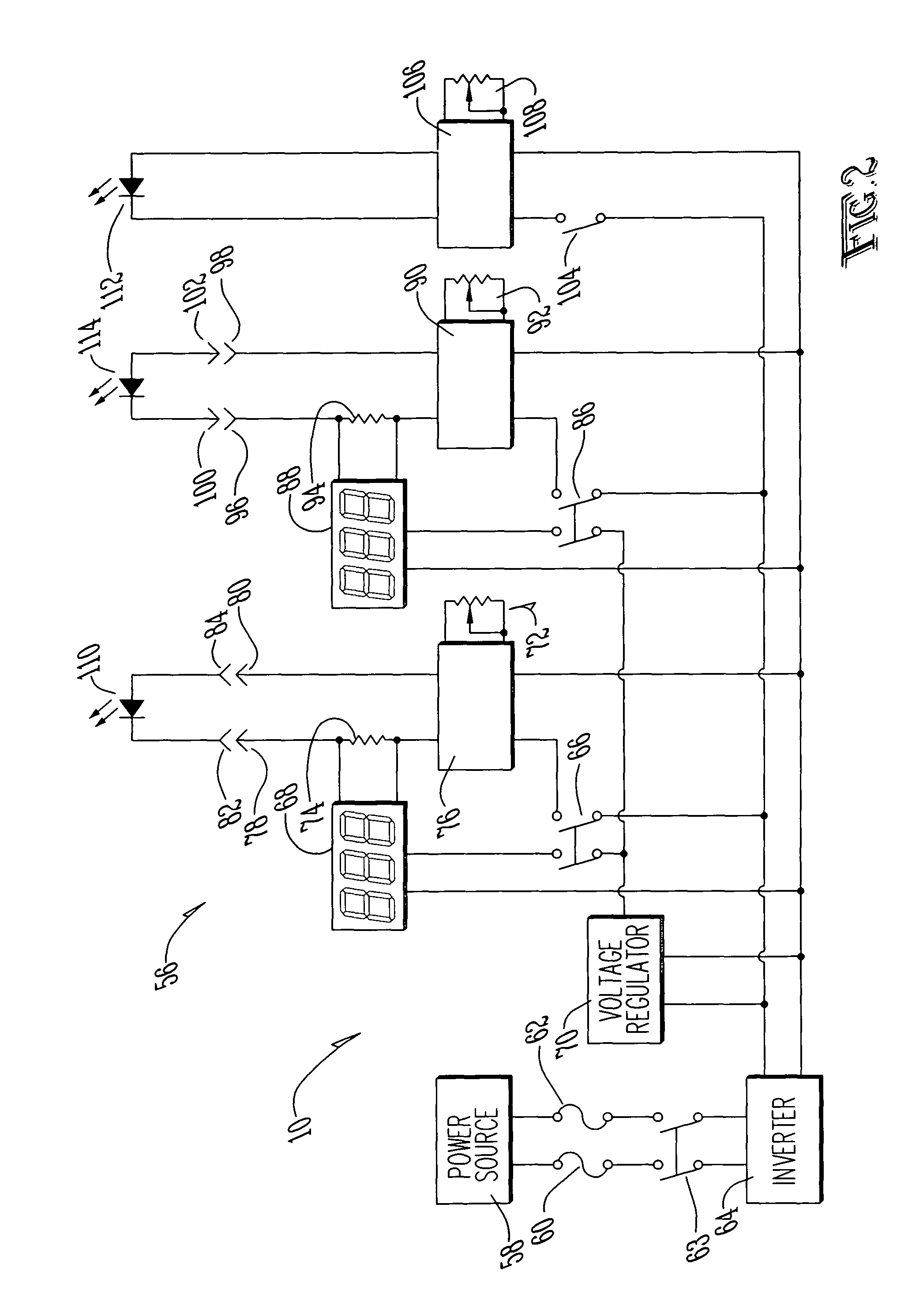
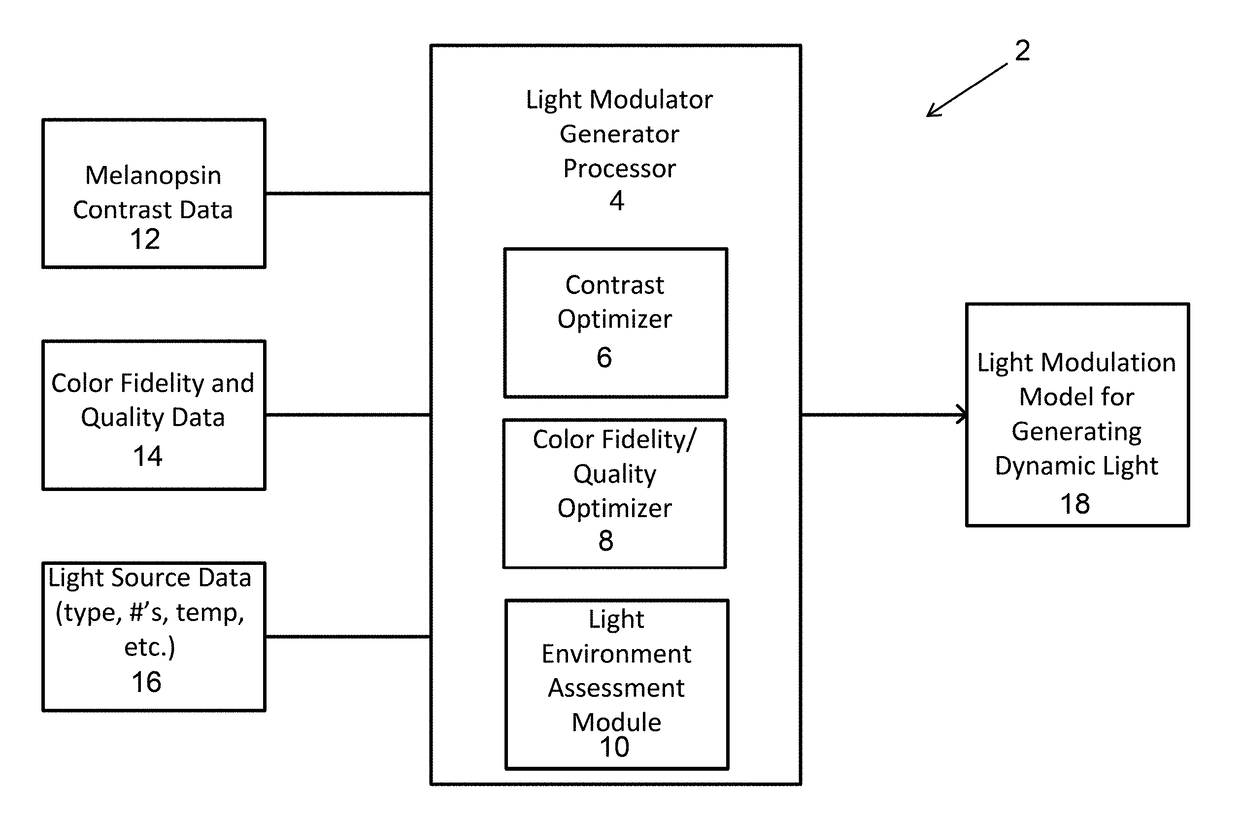

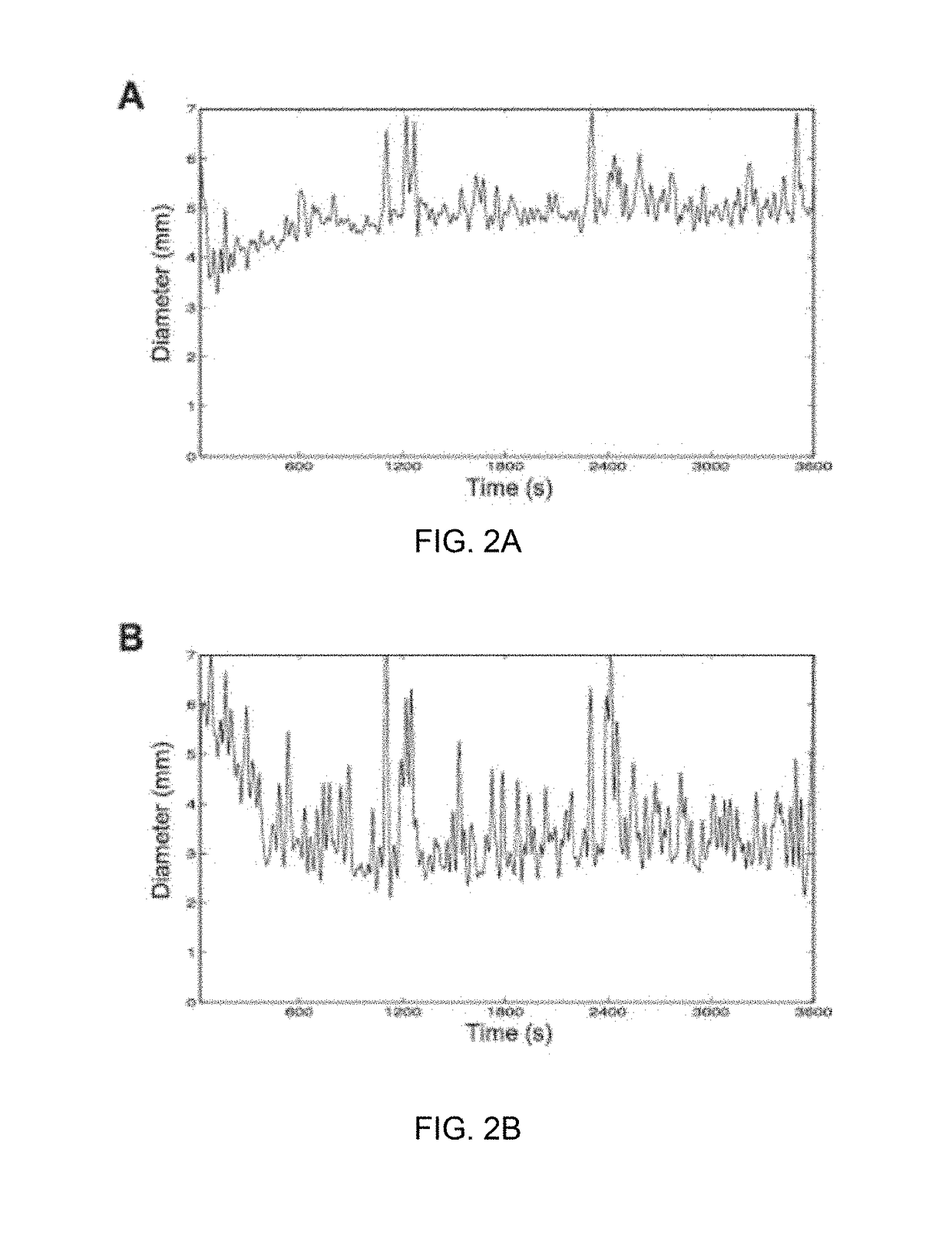


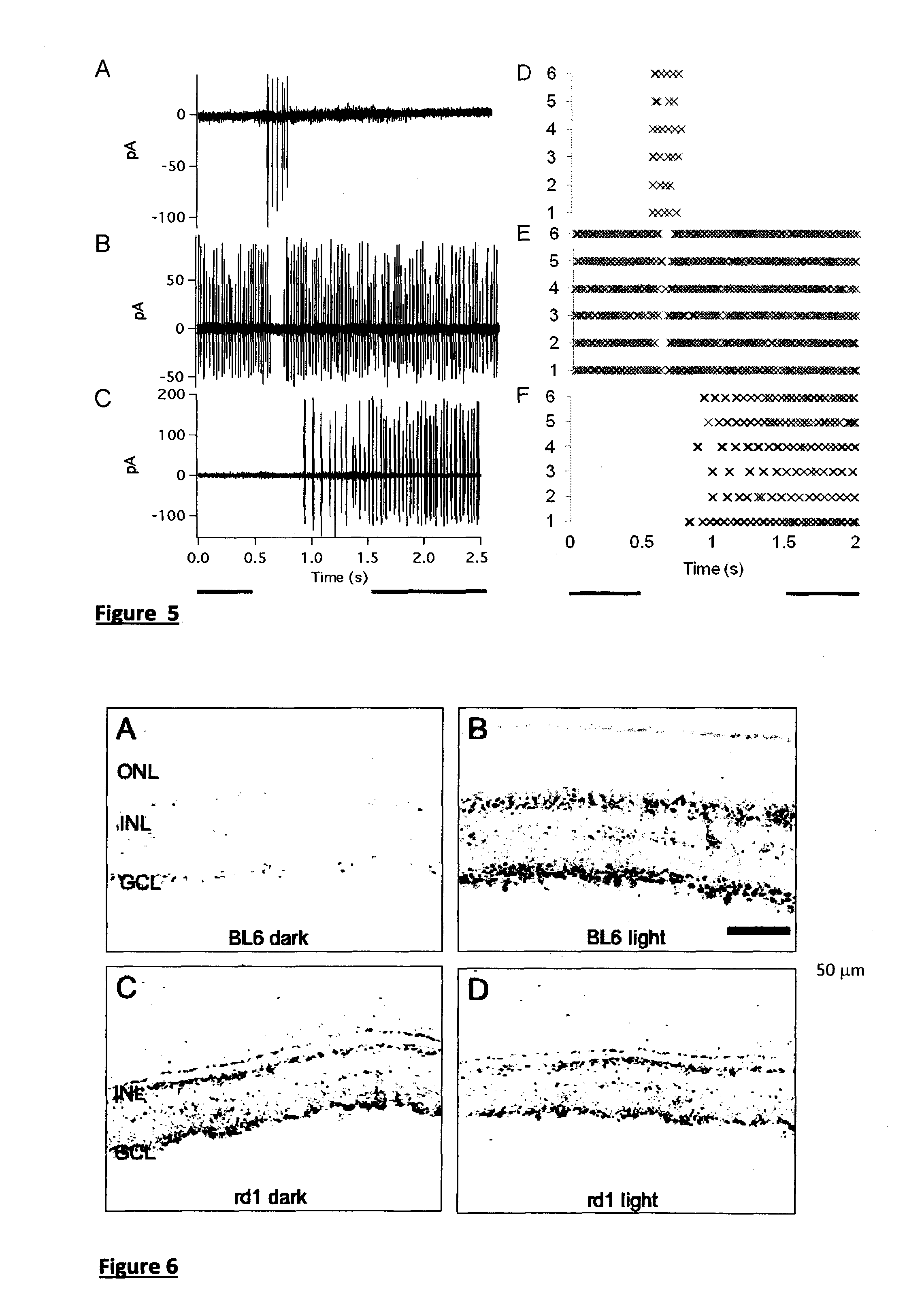

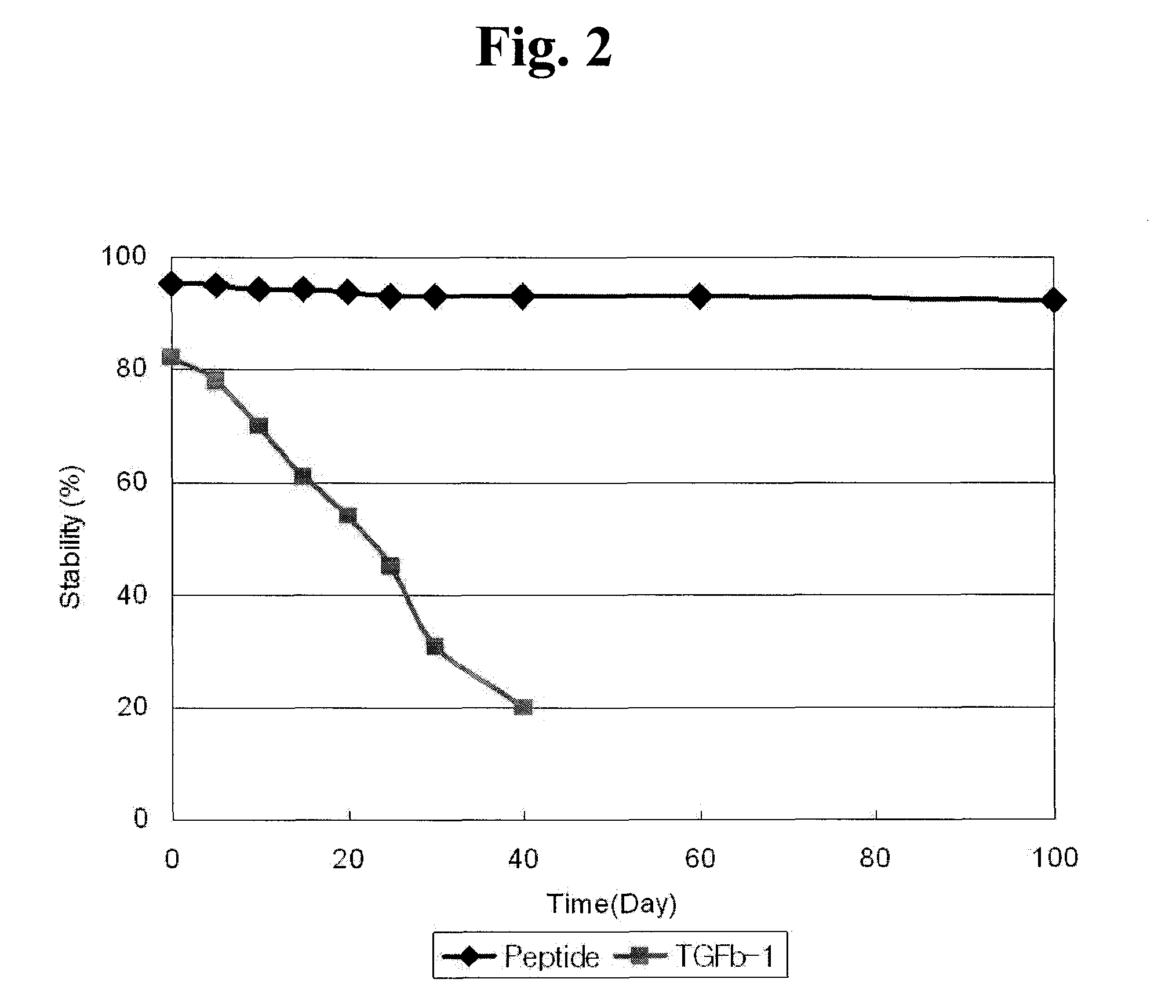
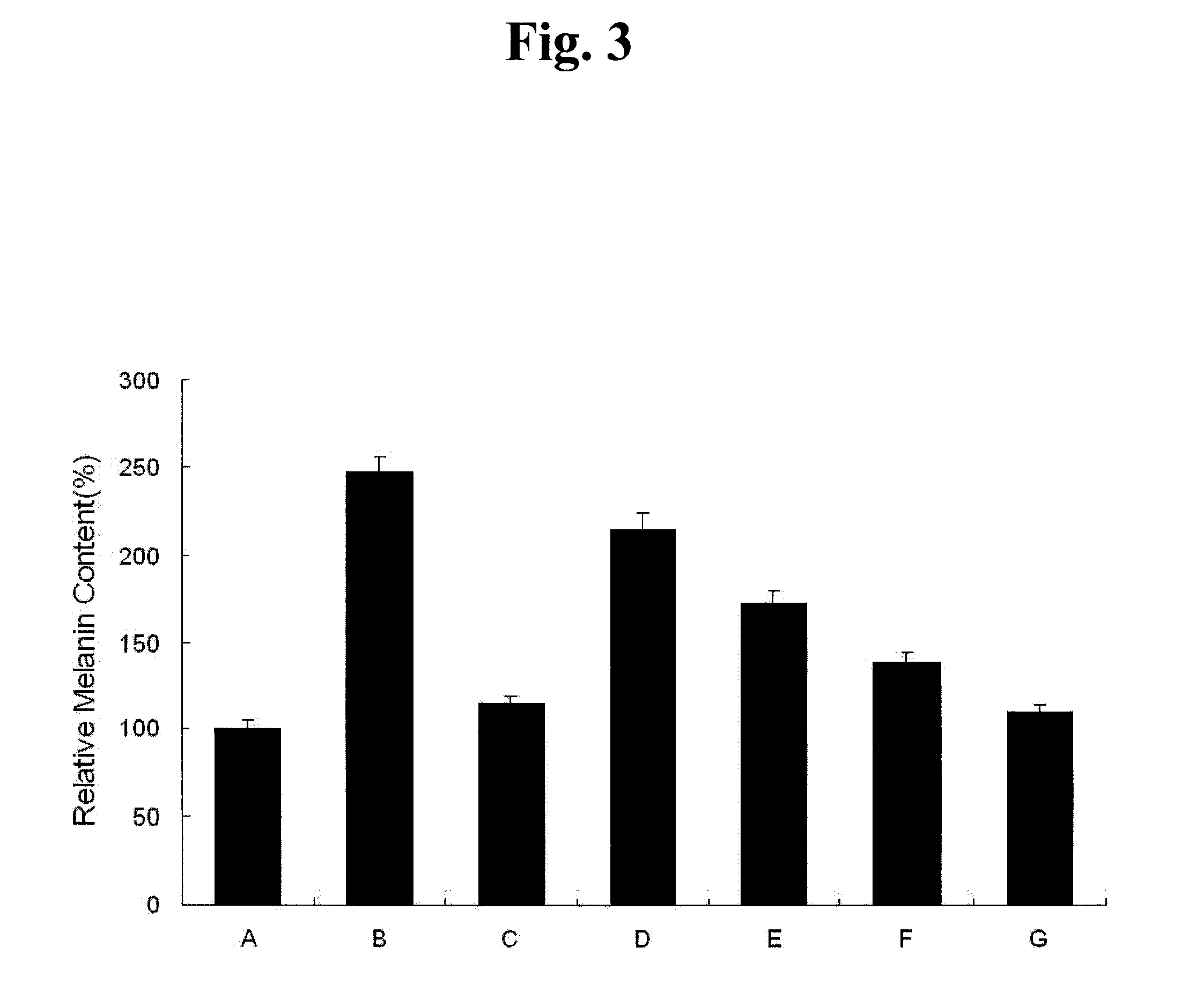



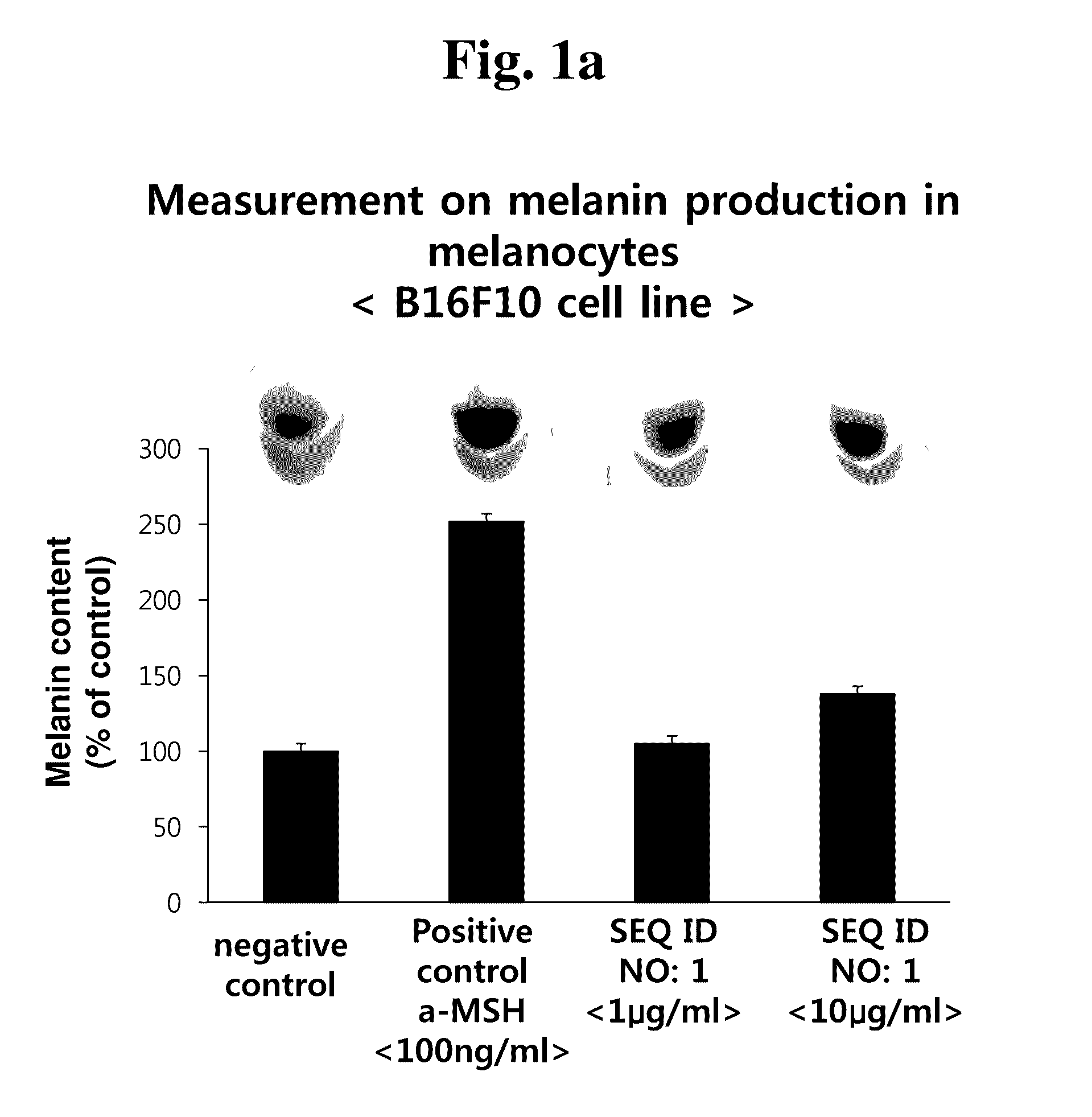

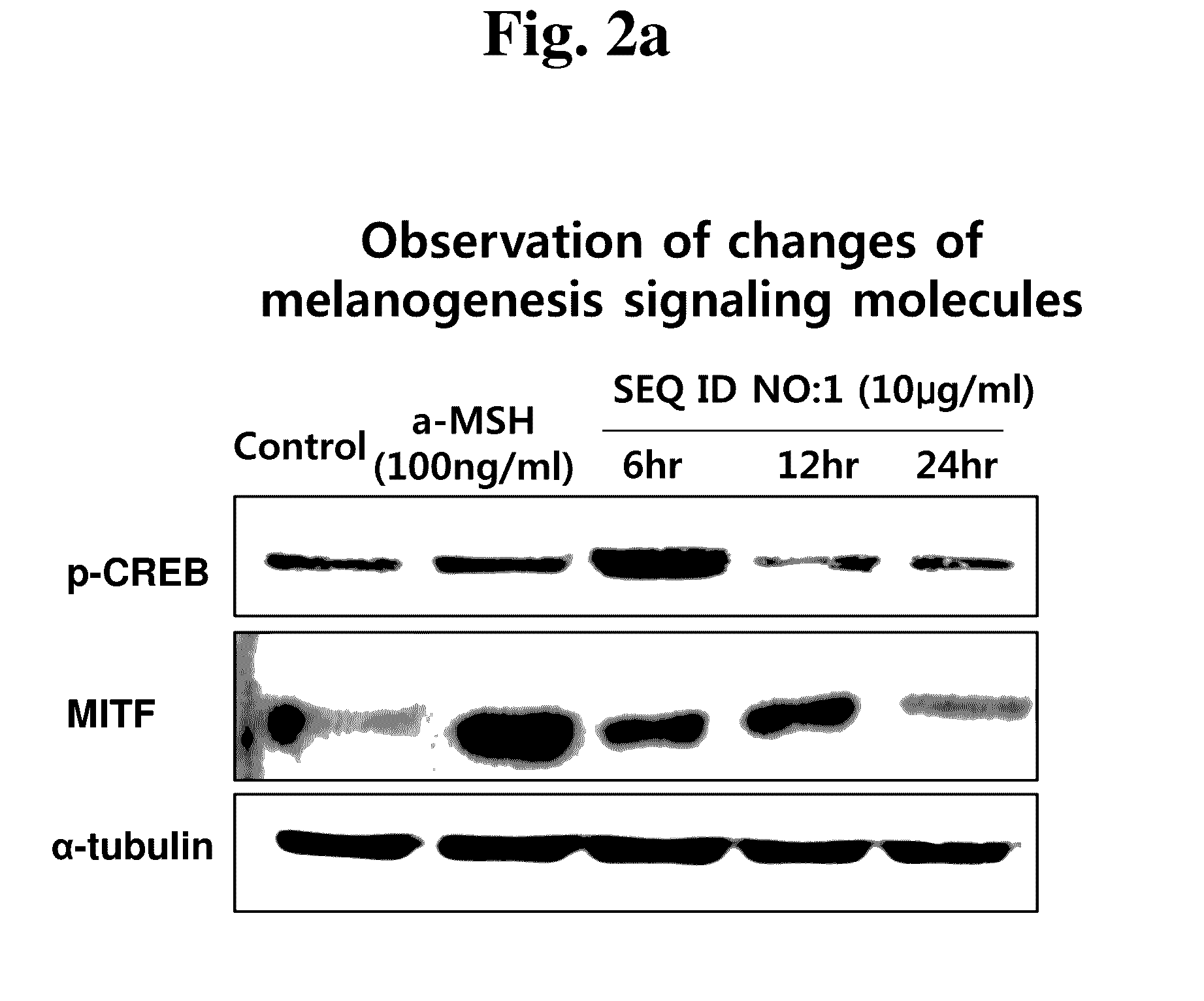



![Botrytis cinerea mutant strain [delta]bcscd1 capable of producing scytalone and construction method thereof Botrytis cinerea mutant strain [delta]bcscd1 capable of producing scytalone and construction method thereof](https://images-eureka-patsnap-com.libproxy1.nus.edu.sg/patent_img/43882c87-f06a-451b-9abe-d48dfc761186/HDA0001358282710000011.png)
![Botrytis cinerea mutant strain [delta]bcscd1 capable of producing scytalone and construction method thereof Botrytis cinerea mutant strain [delta]bcscd1 capable of producing scytalone and construction method thereof](https://images-eureka-patsnap-com.libproxy1.nus.edu.sg/patent_img/43882c87-f06a-451b-9abe-d48dfc761186/HDA0001358282710000012.png)
![Botrytis cinerea mutant strain [delta]bcscd1 capable of producing scytalone and construction method thereof Botrytis cinerea mutant strain [delta]bcscd1 capable of producing scytalone and construction method thereof](https://images-eureka-patsnap-com.libproxy1.nus.edu.sg/patent_img/43882c87-f06a-451b-9abe-d48dfc761186/HDA0001358282710000013.png)
